High in protein, and probably not what you’d expect. This isn’t just another list of eggs and chicken breasts. We’re talking about some surprising foods that pack a protein punch, so get ready for a few curveballs. These picks aren’t the usual suspects from the fitness aisle — they’re great finds from everyday groceries that could give your meals a boost without any extra effort.
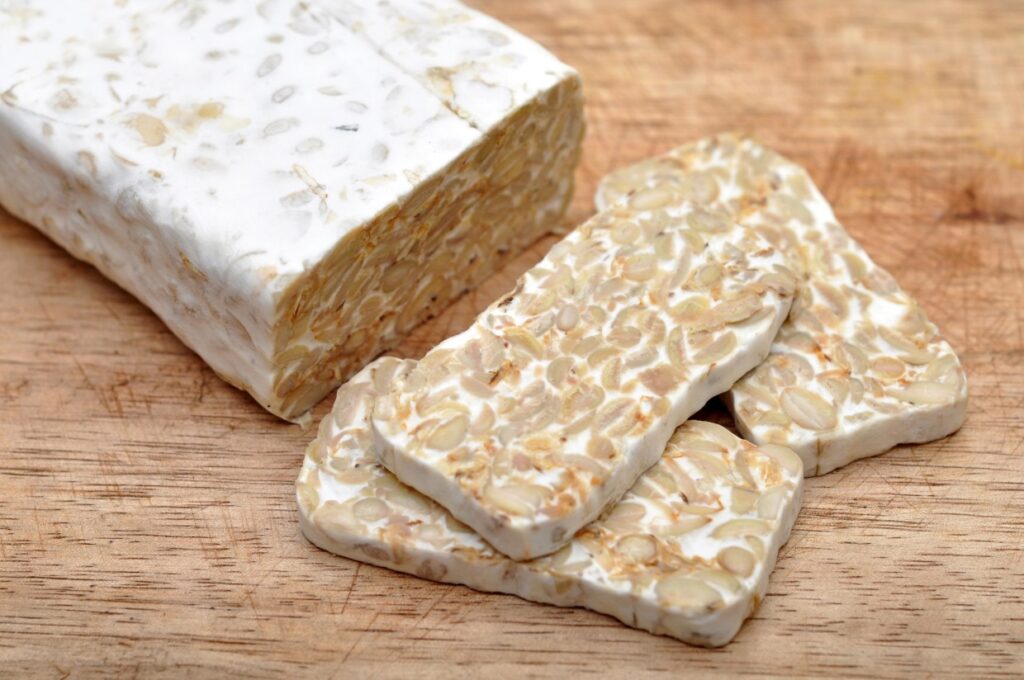
Artichoke Hearts
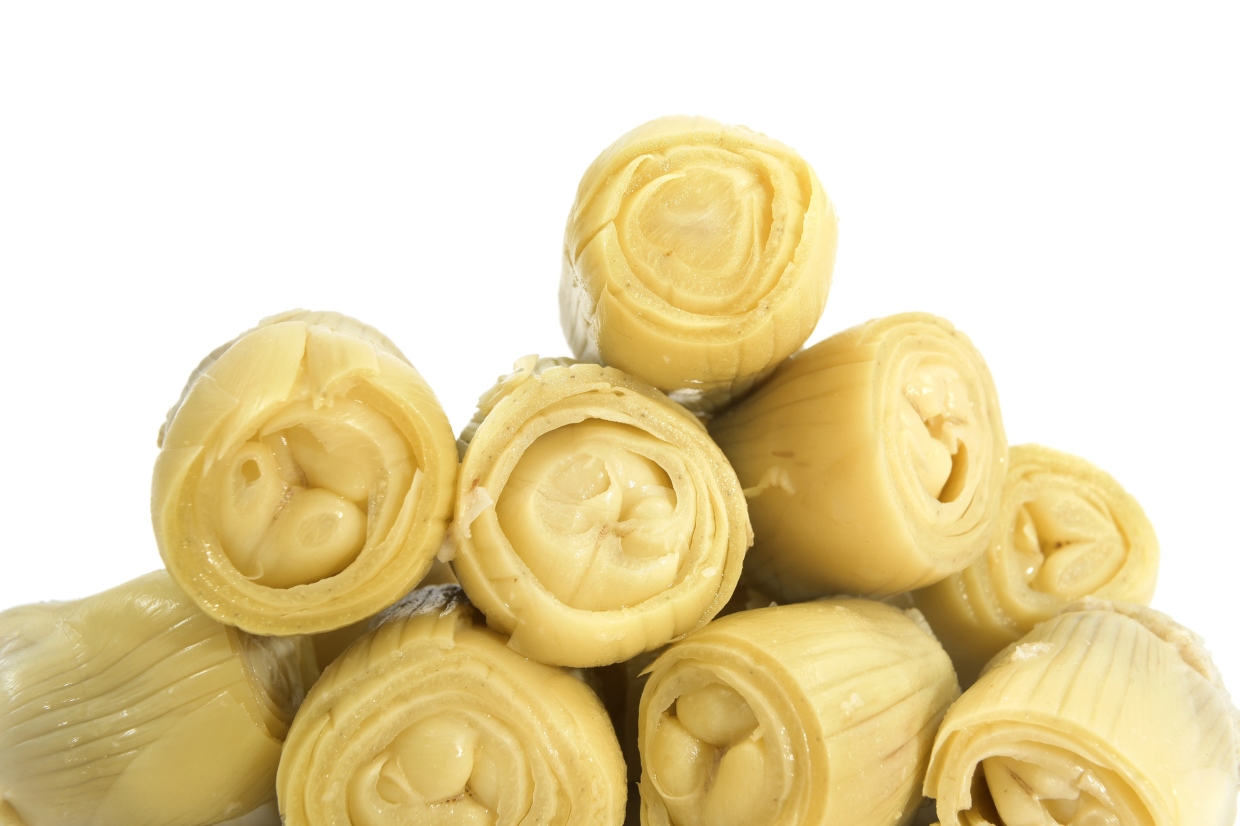
Artichoke hearts bring about 4 grams of protein per cup and are easy to add to meals. They’re great in salads, tossed into pasta, or blended into a creamy dip. Try adding them to a chicken dish — like a skillet with lemon — for a hearty, flavorful dinner. You can also roast them for a savory snack or use them as a pizza topping. Artichoke hearts are a fun, versatile way to add protein and flavor to your meals.
Get an artichoke hearts recipe: Creamy Skinless Chicken Thighs with Artichoke Hearts.
Sun-Dried Tomatoes
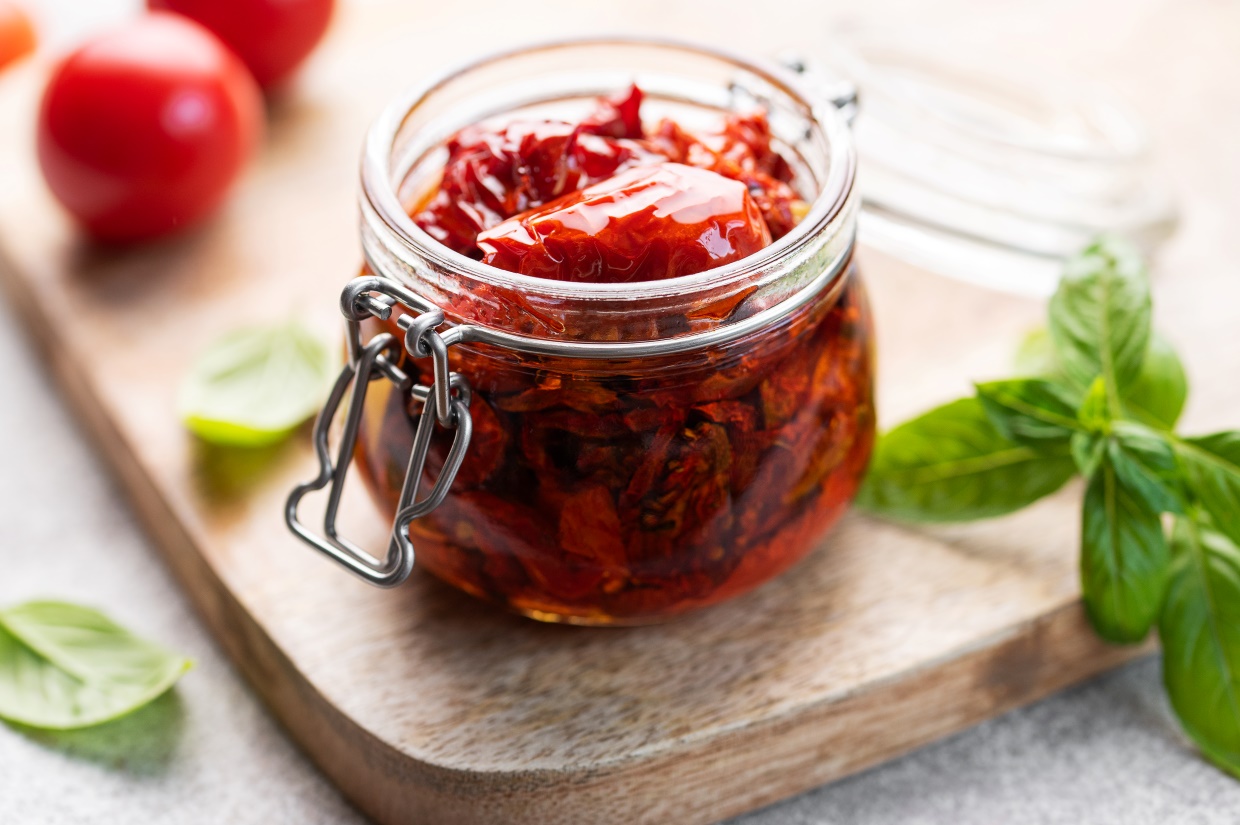
Sun-dried tomatoes aren’t just for flavor — they pack around 5 grams of protein per half-cup. Great for adding to pasta, mixing into dips, or throwing on a salad, they bring a chewy texture and a savory kick. They’re an easy way to boost protein in dishes without much effort. So next time you’re looking to change things up, sun-dried tomatoes are a perfect option to try.
Get a recipe with sun-dried tomatoes: Creamy Broccoli With Sun-Dried Tomatoes.
Quinoa
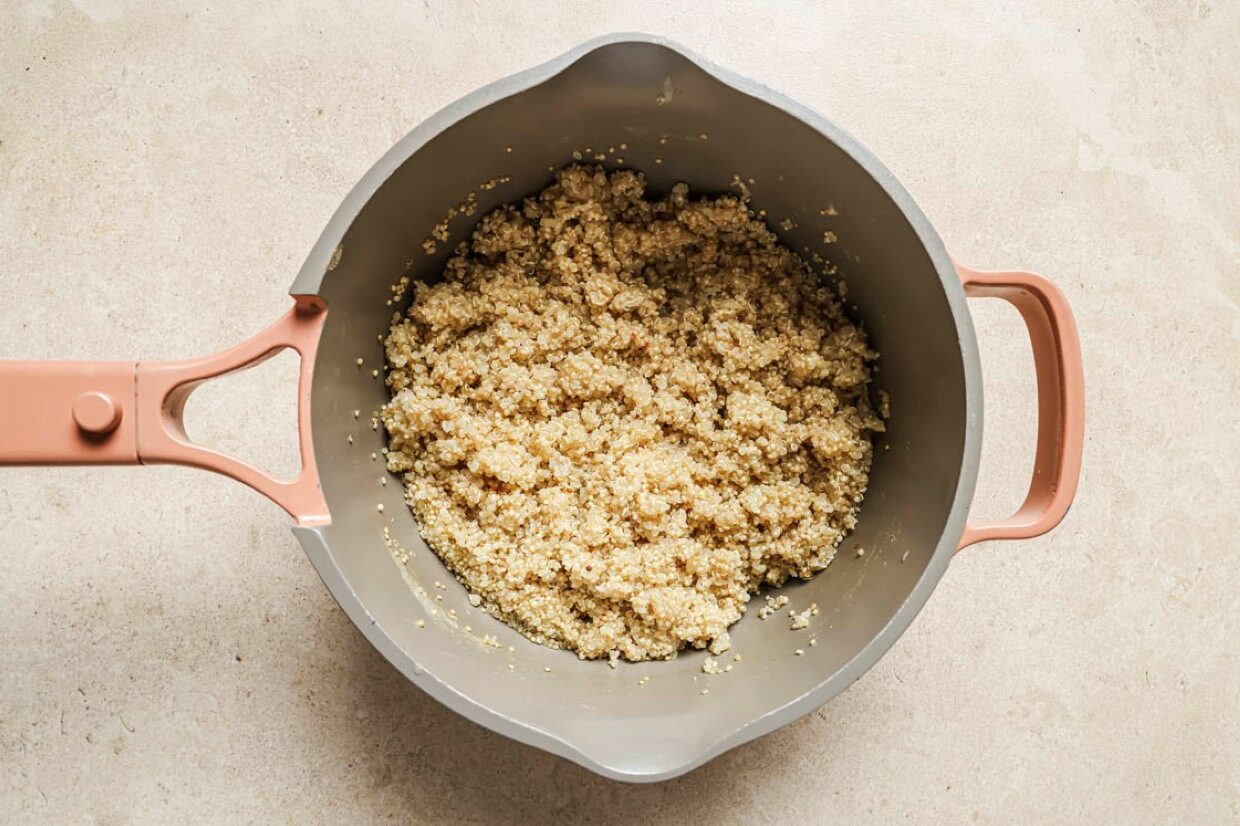
Quinoa is a protein-packed grain with about 8 grams of protein per cup. It’s easy to throw into salads, use as a base for bowls, or even mix into soups for a little extra texture. Whether you’re enjoying it warm or cold, quinoa adds a hearty bite that’s a nice change from rice or pasta.
Get a quinoa recipe: Quinoa Chickpea Salad.
Cottage Cheese
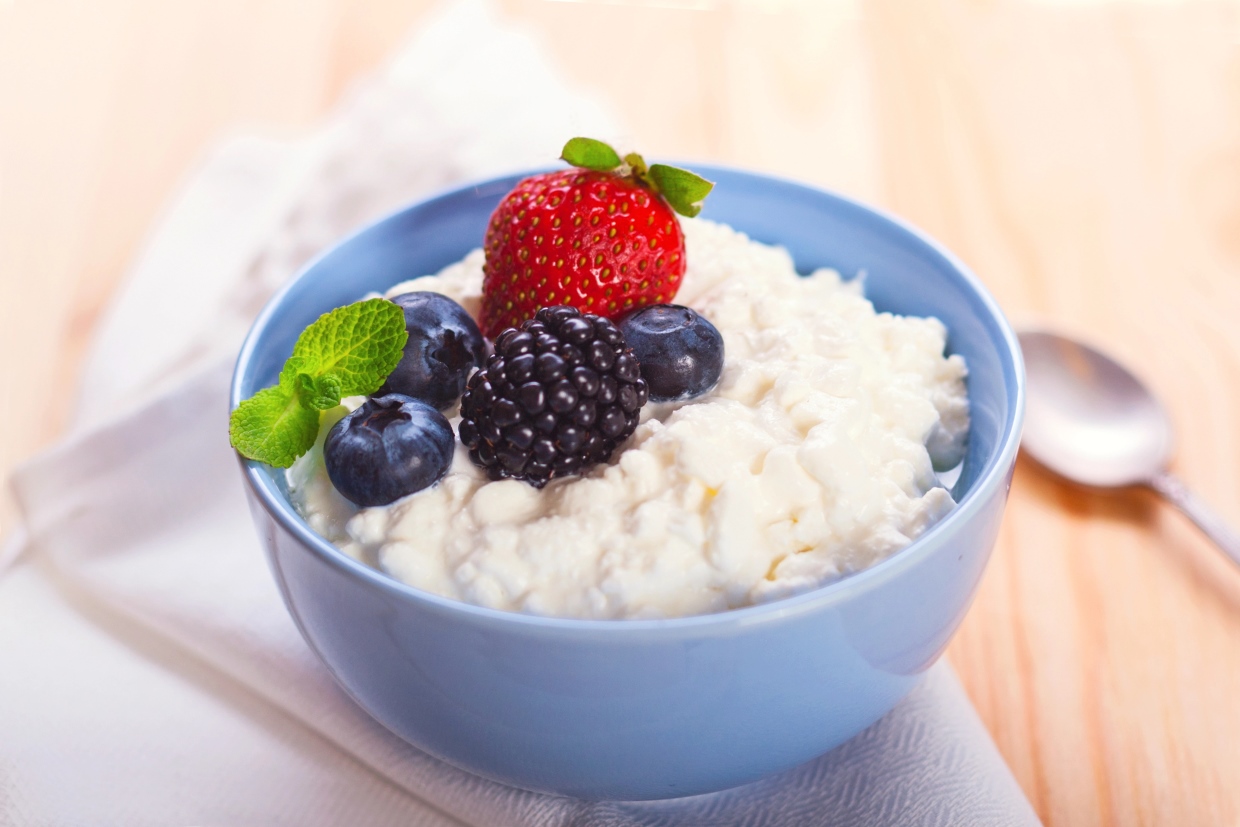
Cottage cheese is a protein-rich choice that packs around 14 grams of protein per half-cup. This versatile option works well as a snack with fruit or mixed into a baked good for extra moisture and a boost of protein. It’s smooth, mild, and easy to incorporate into both sweet and savory dishes. Whether you’re looking to add it to your breakfast or a batch of muffins, cottage cheese is a simple way to sneak more protein into your day.
Get a cottage cheese recipe: Cottage Cheese Breakfast Muffins.
Dried Spirulina
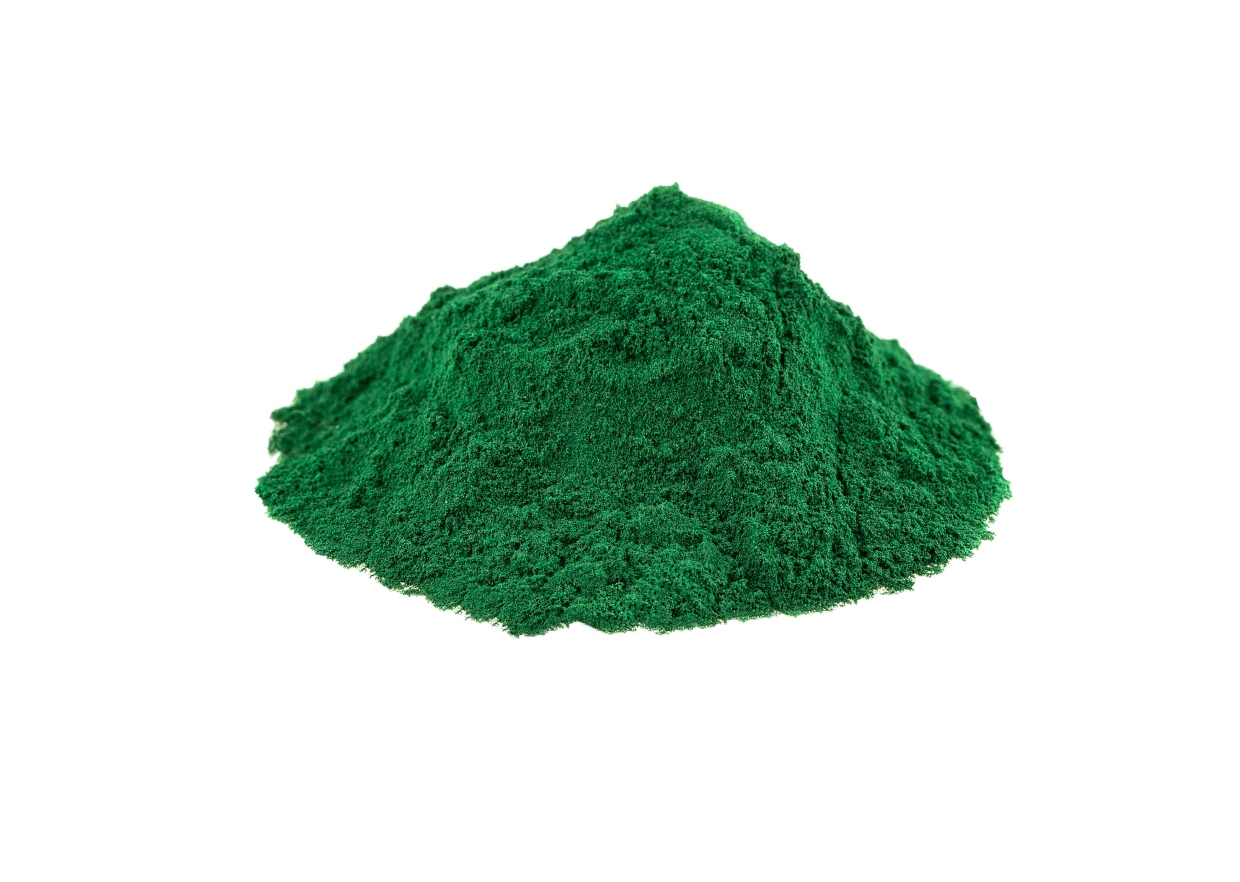
Dried spirulina is the superfood with a whopping 8 grams of protein per 2 tablespoons. It’s like the superhero of the supplement world, ready to save your diet. Whether you’re blending it into smoothies, mixing it into energy bars, or just taking it as a supplement, spirulina is a powerful way to boost your protein intake. It’s the algae that brings a punch of protein and a host of other nutrients, making it the ultimate addition to your diet.
Pumpkin Seeds

Pumpkin seeds have about 7 grams of protein per ounce and are super versatile. They’re great for snacking on their own, adding a crunchy topping to salads, or mixing into baked goods like muffins or granola. You can also season and roast them for a flavorful snack that’s perfect for on-the-go.
Get a recipe with pumpkin seeds: Seed Crackers.
Greek Yogurt
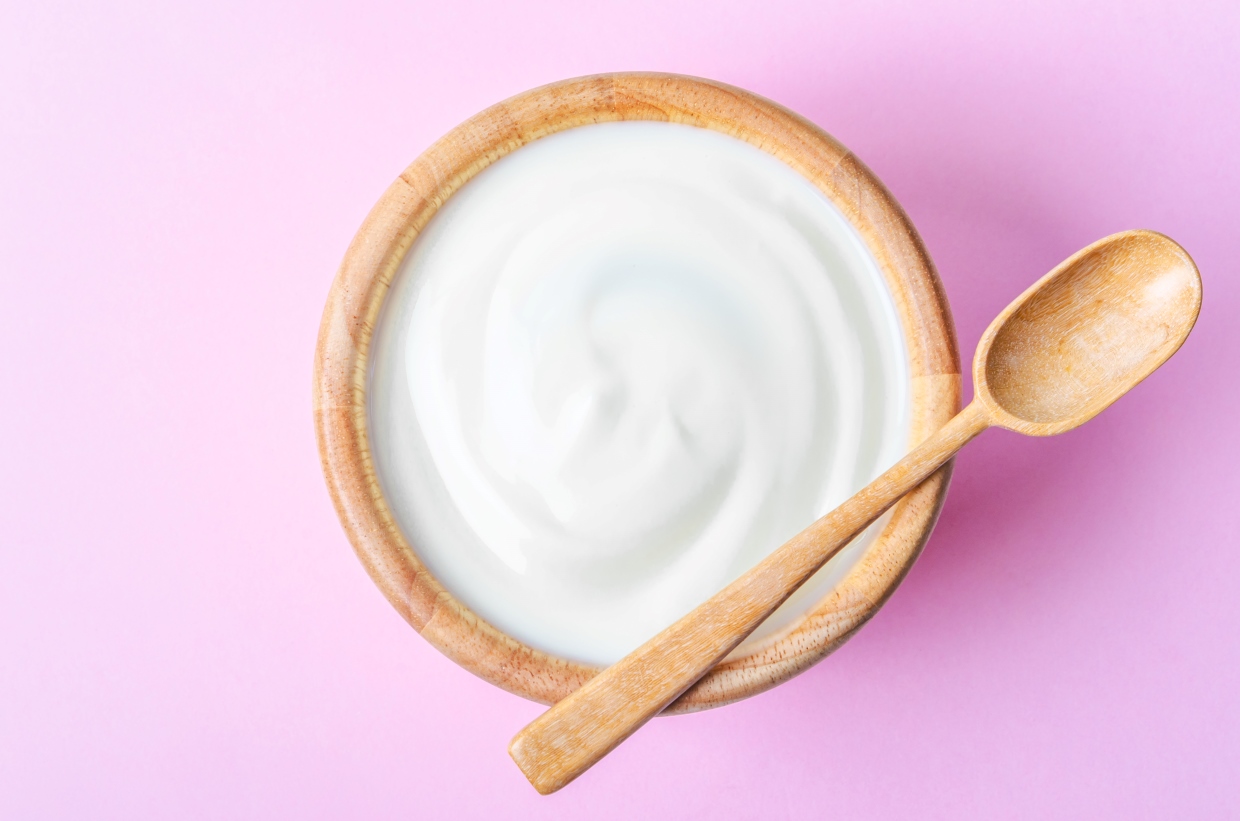
Greek yogurt is a great protein boost, with around 10 grams per 100 grams. It’s perfect layered with granola and fruit, stirred into smoothies, or even used as a base for dressings and dips. Try it plain, with a drizzle of honey, or mix in some fresh berries for a quick, easy breakfast or snack.
Get a recipe with Greek yogurt: Tuna Egg Salad.
Tempeh
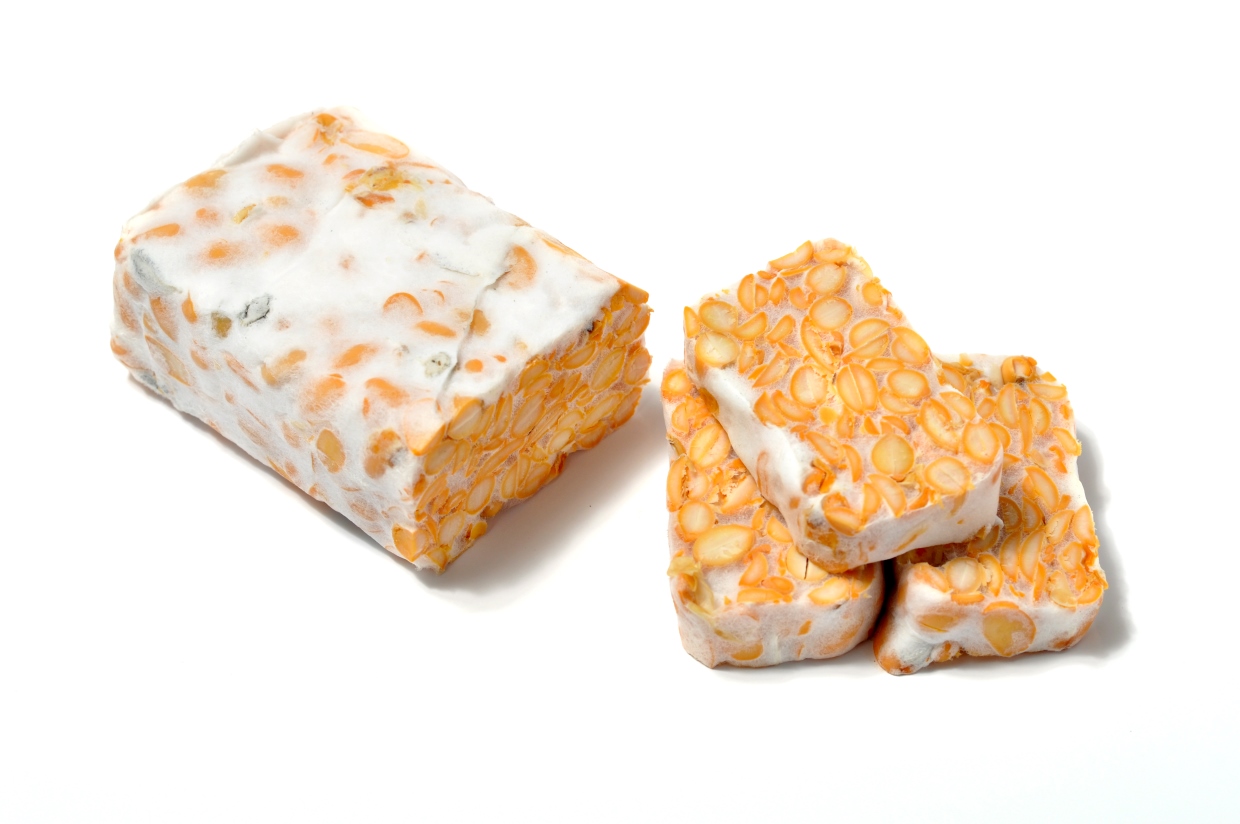
Tempeh is a protein powerhouse that might just surprise you. Made from fermented soybeans, it’s dense, nutty, and packs in way more protein than you’d expect from a meat-free option. It’s a great choice for anyone looking to add a little more heft to their meals. Slice it, marinate it, or toss it in a stir-fry — tempeh’s firm texture holds up to just about anything you throw at it. Perfect for when you want a change from the usual tofu routine.
Chia Seeds

For something so small, chia seeds sure carry a lot of weight — 5.6 grams of protein per 3 tablespoons, to be exact. They’re like the overachievers of the seed world, always doing extra credit. Perfect for puddings, smoothies, or just sprinkling on your cereal, chia seeds are a tiny but mighty addition to your diet. They’re the straight-A students of the food world, making everyone else look like slackers.
Get a recipe with chia seeds: Blueberry Crumble.
Chickpeas
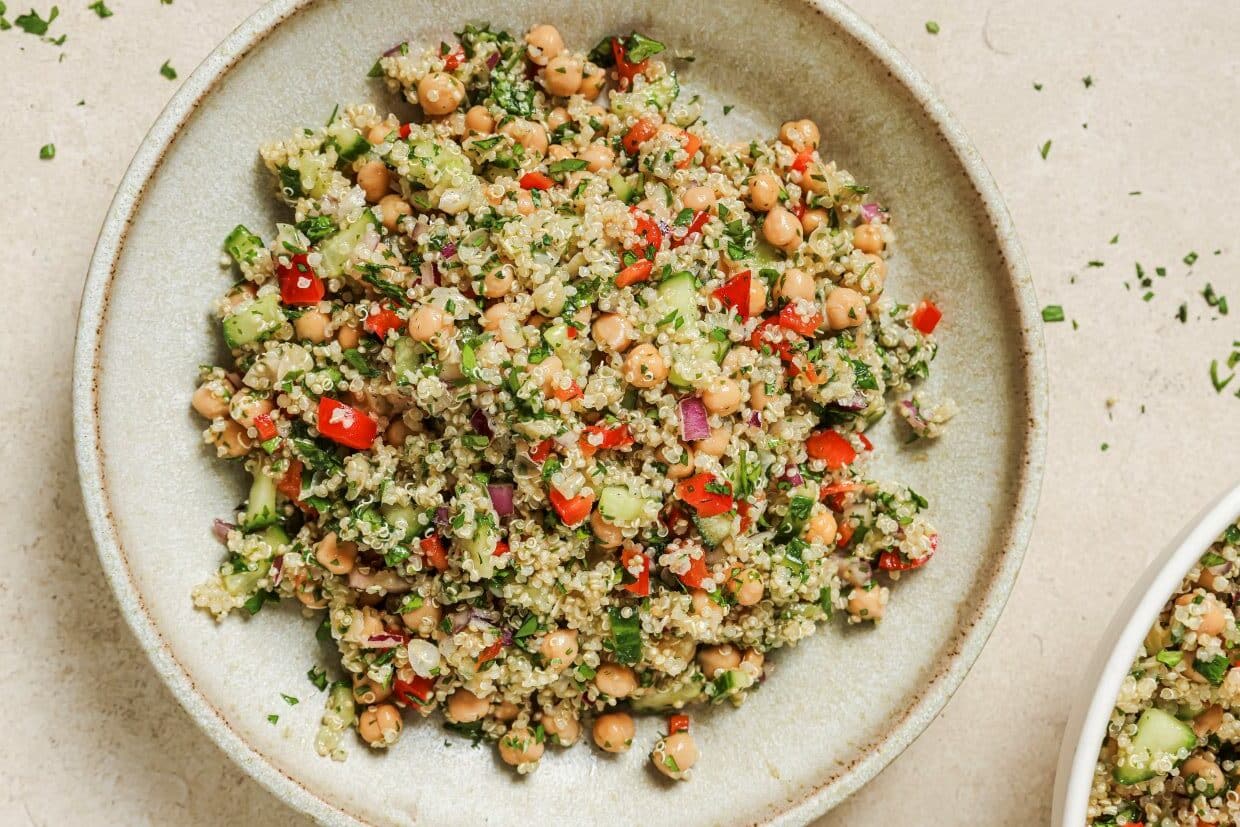
Chickpeas are protein-packed legumes with 15 grams per cup. They’re like the versatile actors of the protein world, starring in everything from hummus to salads. Whether you’re roasting them for a crunchy snack, blending them into a creamy dip, or tossing them in a stew, chickpeas are the adaptable way to boost your protein intake. They’re the legumes that can play any role, from savory to sweet, all while helping you build muscle.
Get a chickpea recipe: Quinoa Chickpea Salad.
Oatmeal
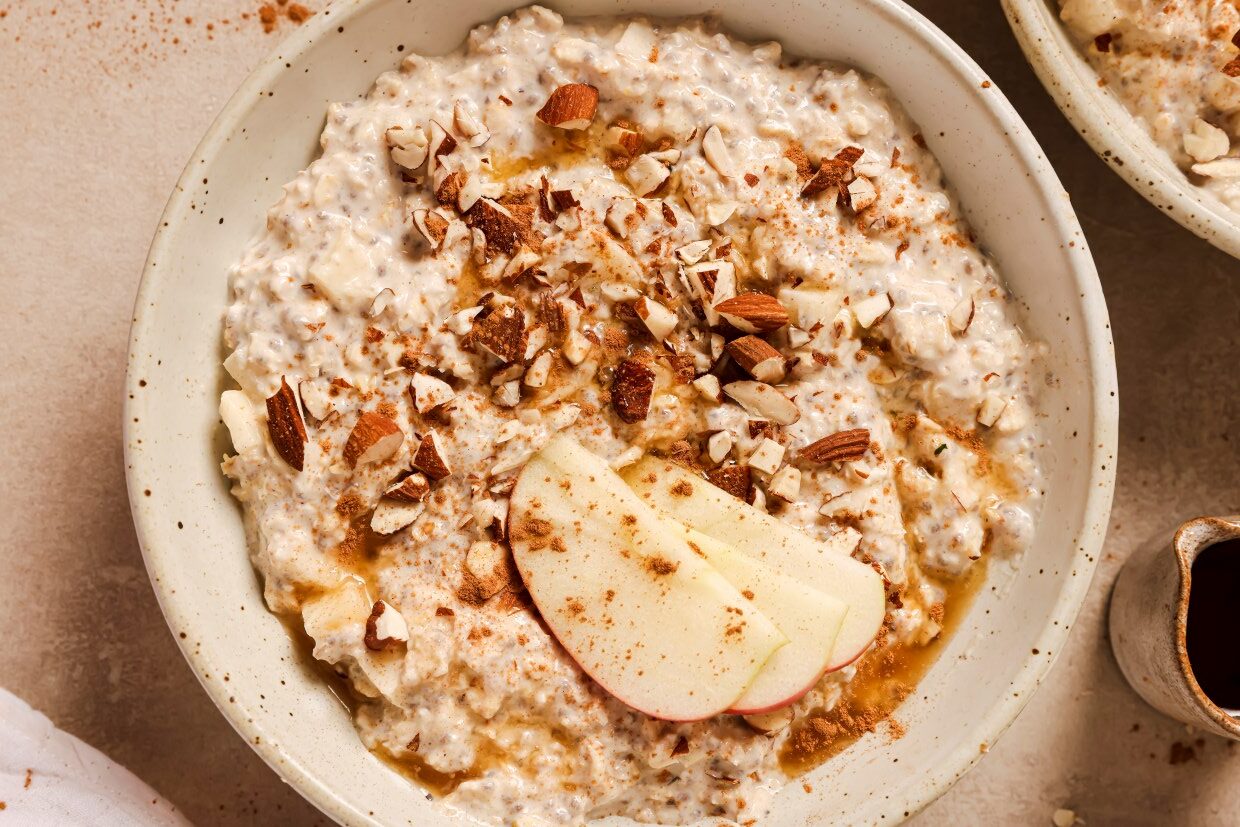
Oatmeal is more than a cozy breakfast — it has around 5 grams of protein per cup. It’s perfect for when you need a quick, filling meal that’s easy to customize. Throw in some nuts, fruit, or even a spoonful of nut butter, and you’ve got a simple way to boost the protein even more. Whether you go for classic oats or overnight oats, it’s a great start to the day that’ll keep you going strong.
Get an oatmeal recipe: Overnight Apple Pie Oats.
Edamame
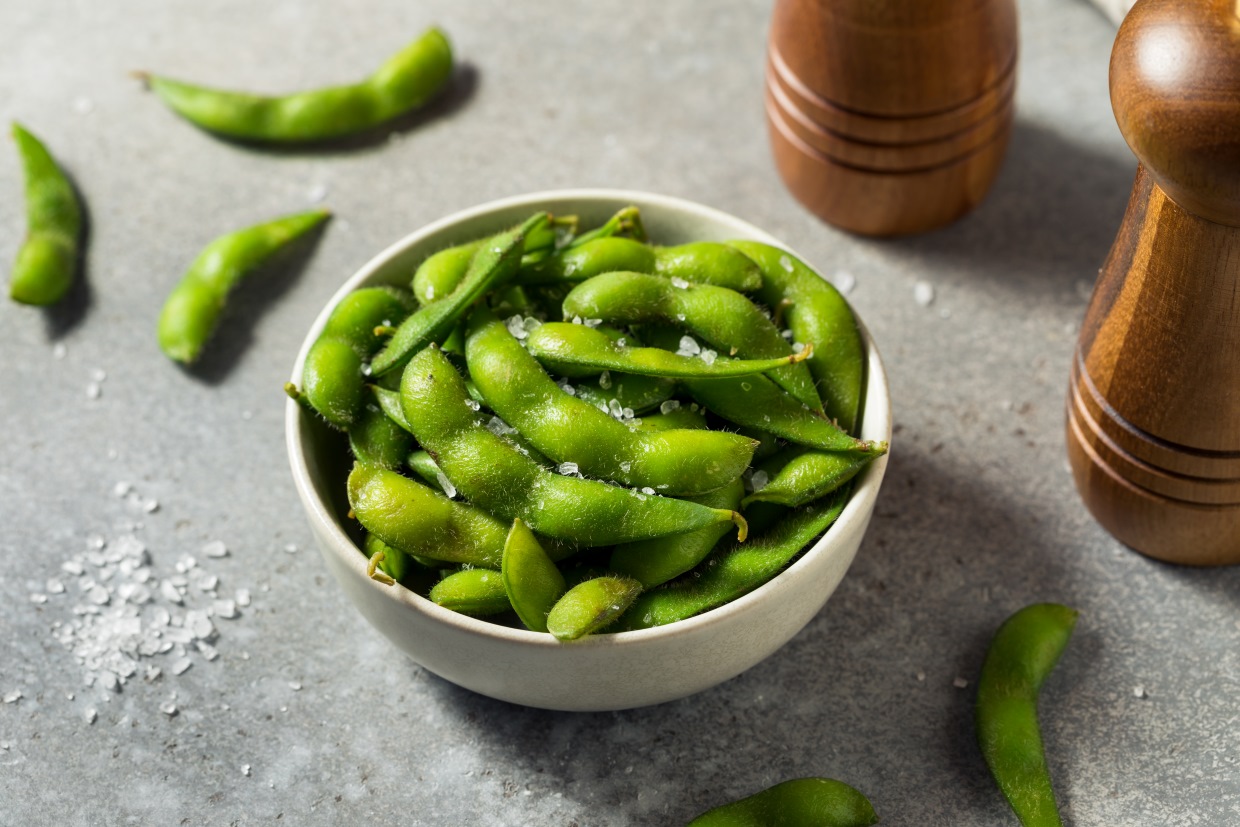
Edamame is more than just a side dish for sushi; it’s a protein-packed snack with around 8.5 grams of protein per half-cup. These young soybeans are great for adding protein to your meals without much fuss. They’re perfect when steamed with some salt, tossed into salads, or even blended into dips. Edamame is easy to prep and makes a quick snack or a hearty addition to any dish when you need a plant-based boost.
Seitan
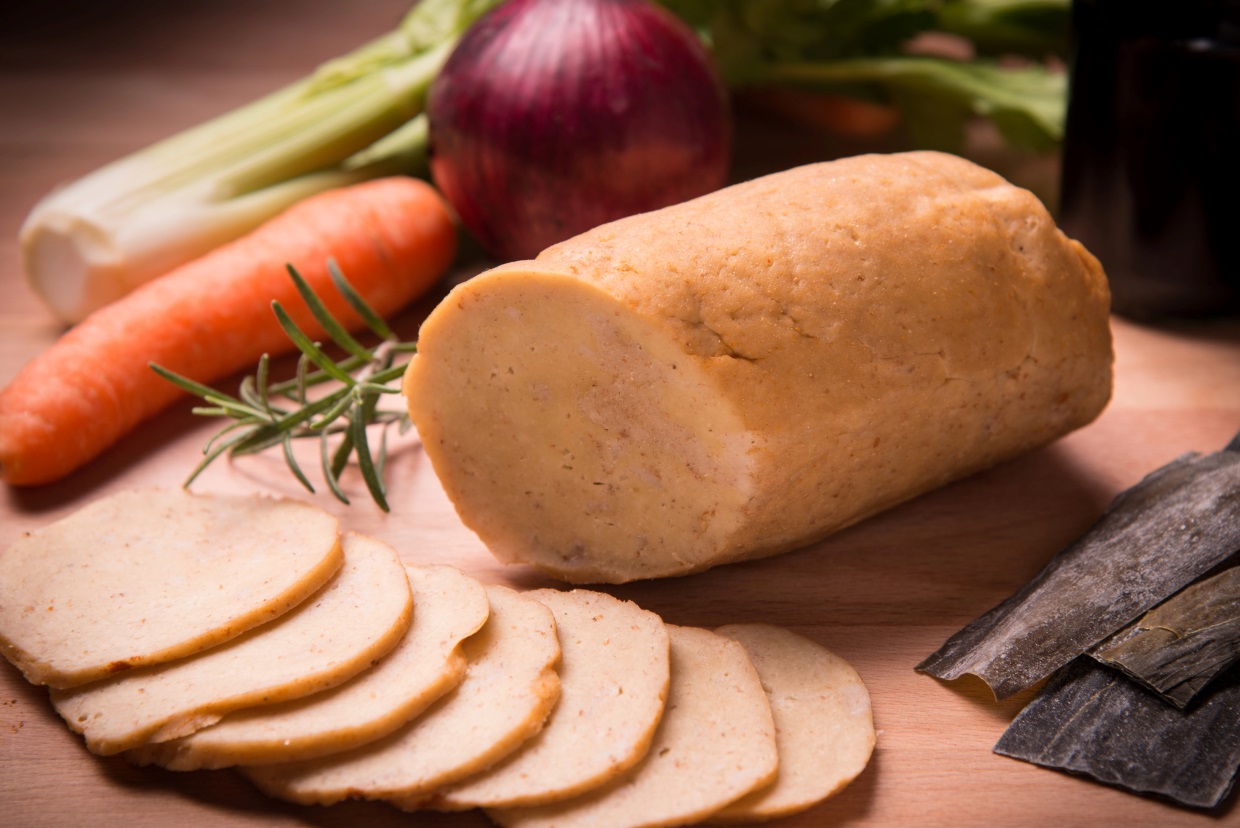
Seitan is a wheat-based protein powerhouse with 21 grams per 3 ounces. It’s like the vegan meat that could probably benchpress you. Whether you’re grilling it, sautéing it, or using it as a meat substitute in your favorite dishes, seitan is the plant-based way to boost your protein intake. It’s the food that brings a touch of strength to your diet, helping you build muscle while staying vegan.
Green Peas
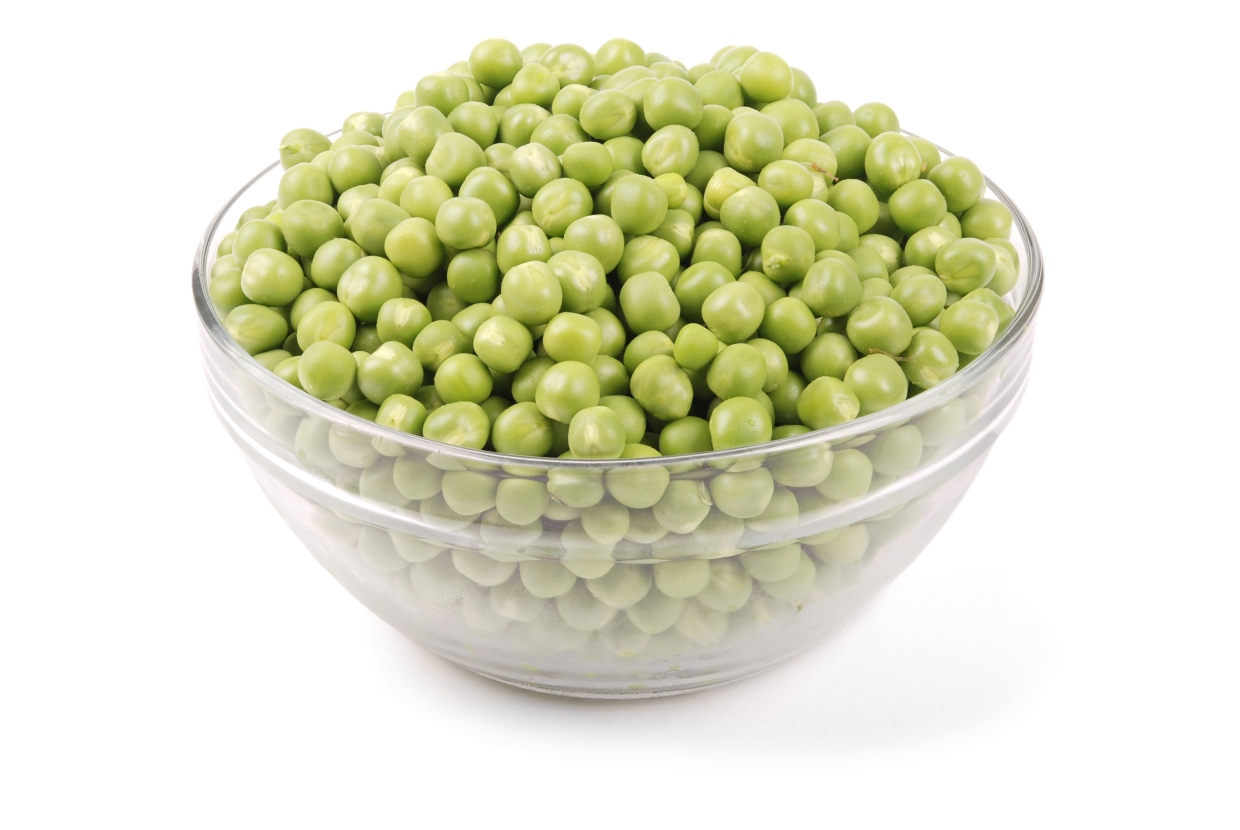
Green peas bring 8 grams of protein per cup to the table. They’re easy to add to stir-fries, blend into soups, or toss in pasta dishes for a pop of color and nutrition. You can even smash them onto toast with a little lemon and garlic for a quick, fun snack.
Lentils

Lentils are the superheroes of the legume family, boasting 18 grams of protein per cup. They’re like the Clark Kent of foods — plain and unassuming until you realize they could probably bench press you. Whether in soups, salads, or stews, lentils are the quiet overachievers, silently working on your muscles while you’re busy enjoying their earthy flavor. They’re the culinary equivalent of finding out your nerdy friend is secretly a superhero.
Pistachio
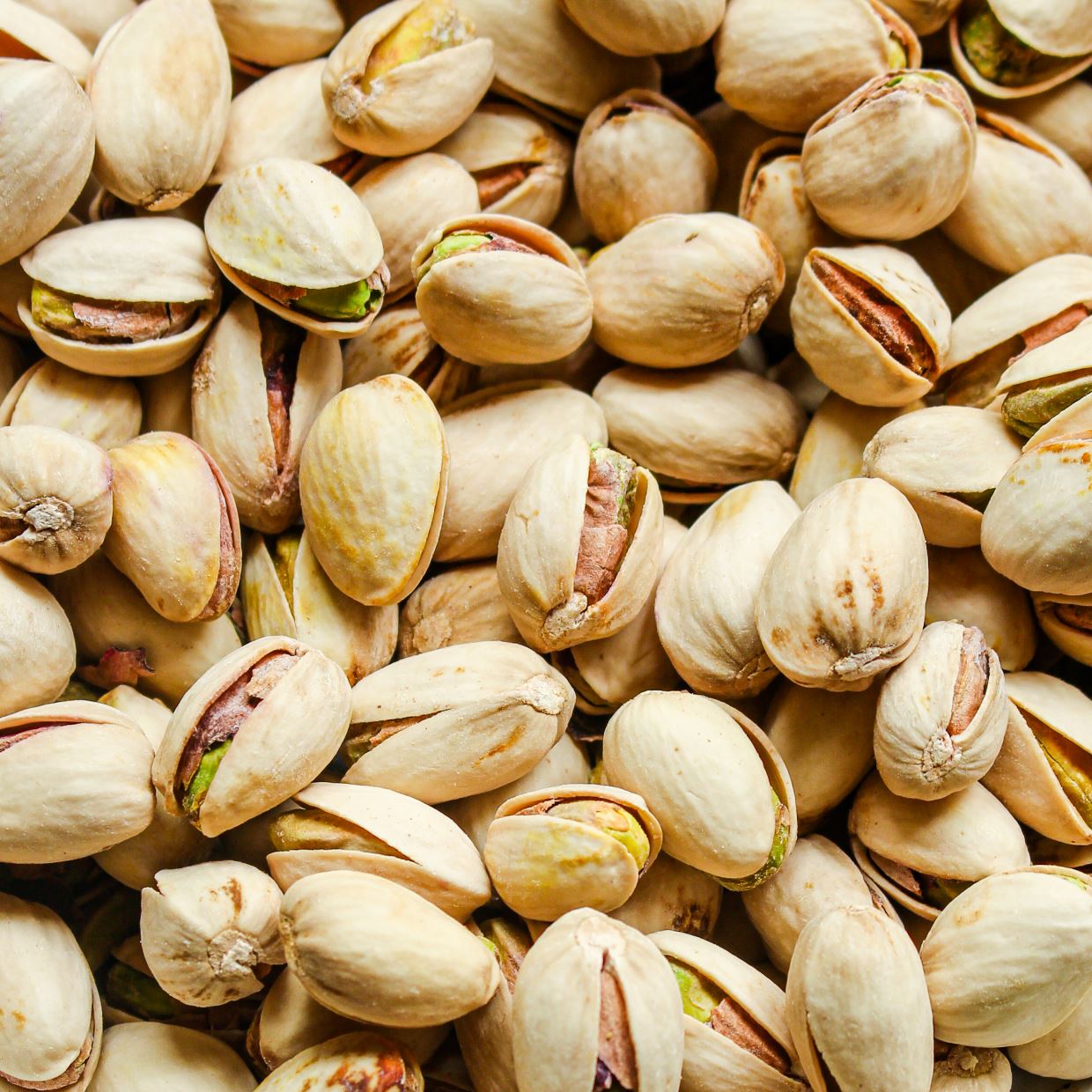
Pistachios might seem like a simple snack, but they’re actually packed with protein — around 6 grams per ounce. These little green nuts are a great choice if you want a protein boost with minimal effort. Perfect for salads, a crunchy yogurt topping, or just straight from the bag, they’re versatile and easy. Plus, with fiber and healthy fats, pistachios pull double duty in the snack department. So, next time you’re reaching for a handful, know you’re getting more than just a quick bite.
Kamut
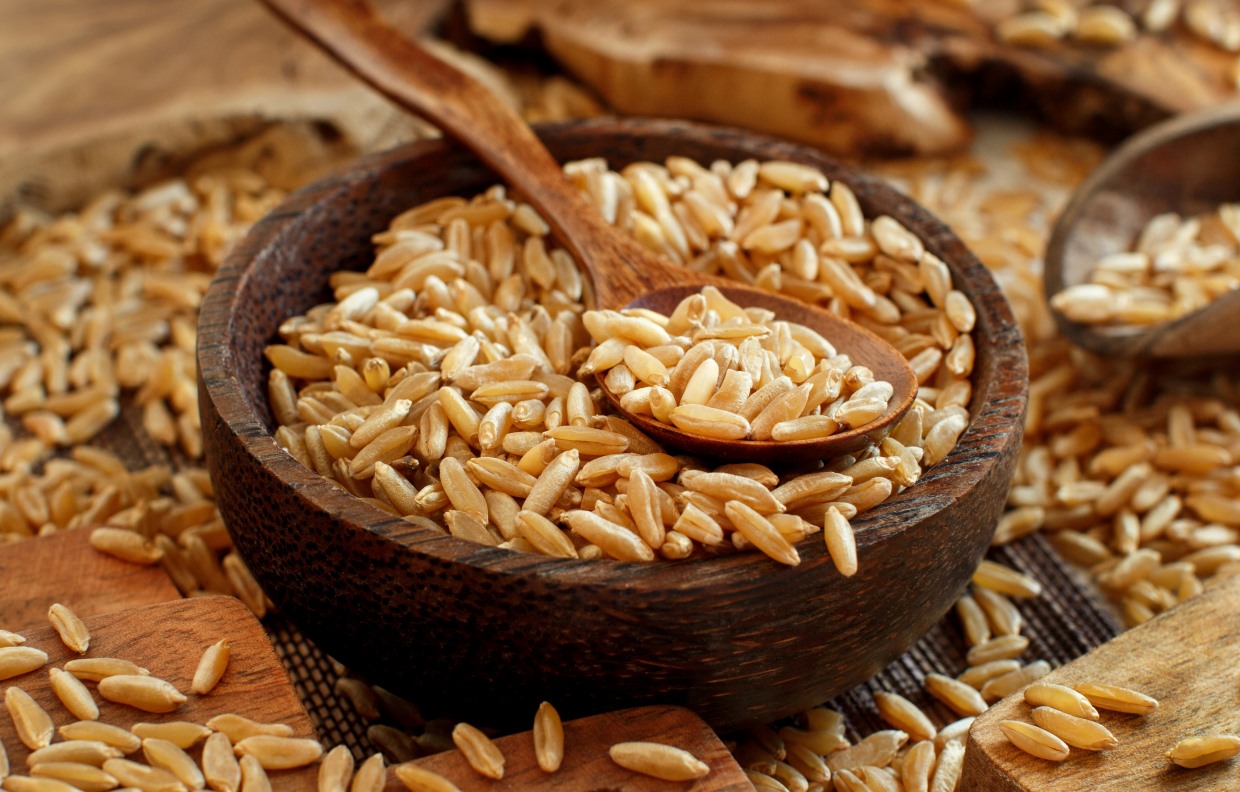
Kamut may sound like an ancient spell, but it’s actually an ancient grain with 10 grams of protein per cup. It’s like eating history, only with more muscle-building benefits. Whether you’re making a hearty salad or a rustic bread, kamut is the grain that brings a touch of the ancient world to your modern diet.
Shrimp
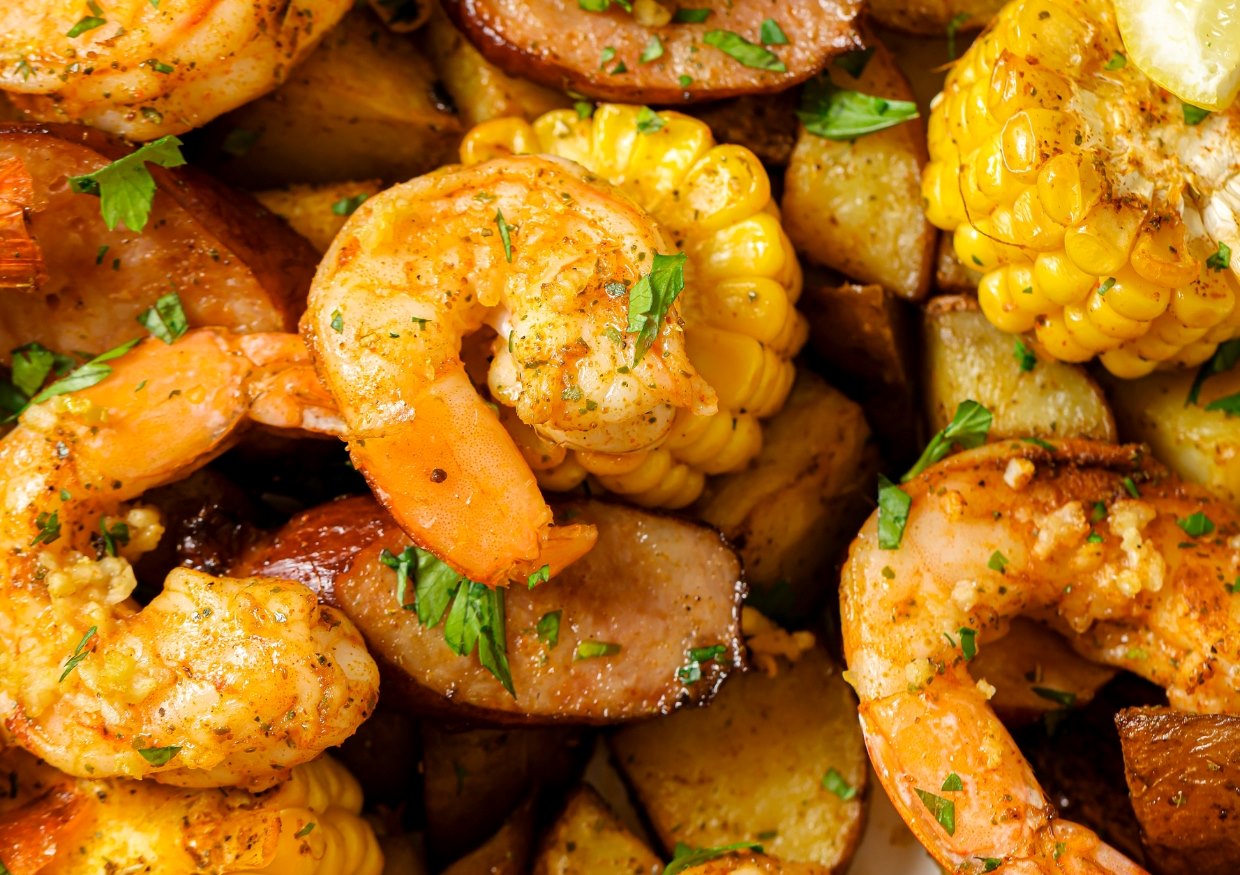
Shrimp are protein-packed crustaceans with 20 grams per 3 ounces. They’re like the bodybuilders of the seafood world, flexing their muscles in every bite. Whether you’re grilling them, sautéing them, or tossing them on a sheet pan, shrimp are the seafood way to boost your protein intake.
Get a shrimp recipe: Sheet Pan Shrimp Boil.
Amaranth
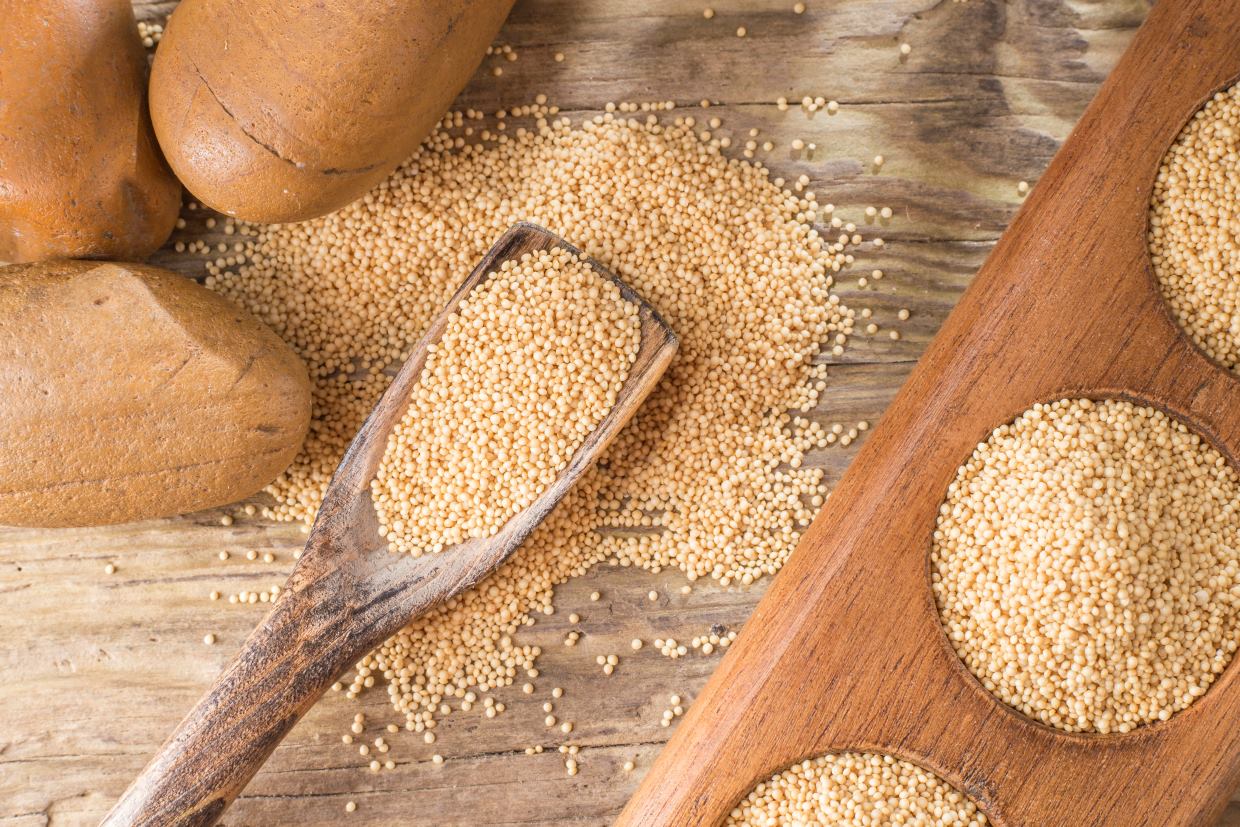
With 9 grams of protein per cup, amaranth is a tiny but powerful grain. You can cook it as a porridge, similar to oatmeal, or even pop it like mini popcorn for a crunchy topping on yogurt or salads. It’s a fun way to mix up your grain game while adding a protein boost.
Tuna
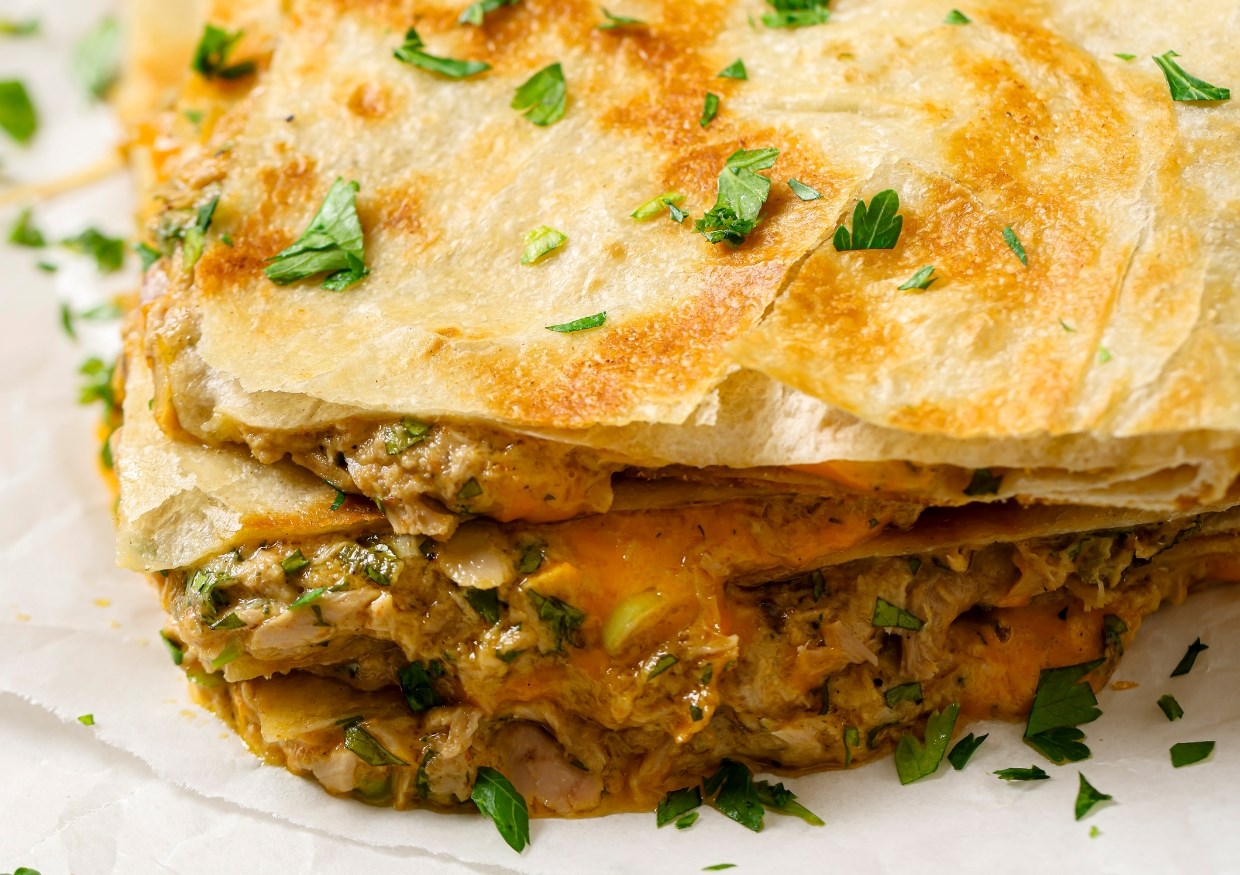
Tuna is a protein heavyweight, with around 20 grams per 3-ounce serving. It’s a great choice for a quick meal, whether you’re throwing it into a salad, mixing it into pasta, making a classic tuna sandwich, or even quesadillas. Canned or fresh, tuna is easy to keep on hand and packs a punch when you need a filling, protein-rich option without a lot of fuss.
Get a tuna recipe: Tuna Melt Quesadillas.
Goat Cheese
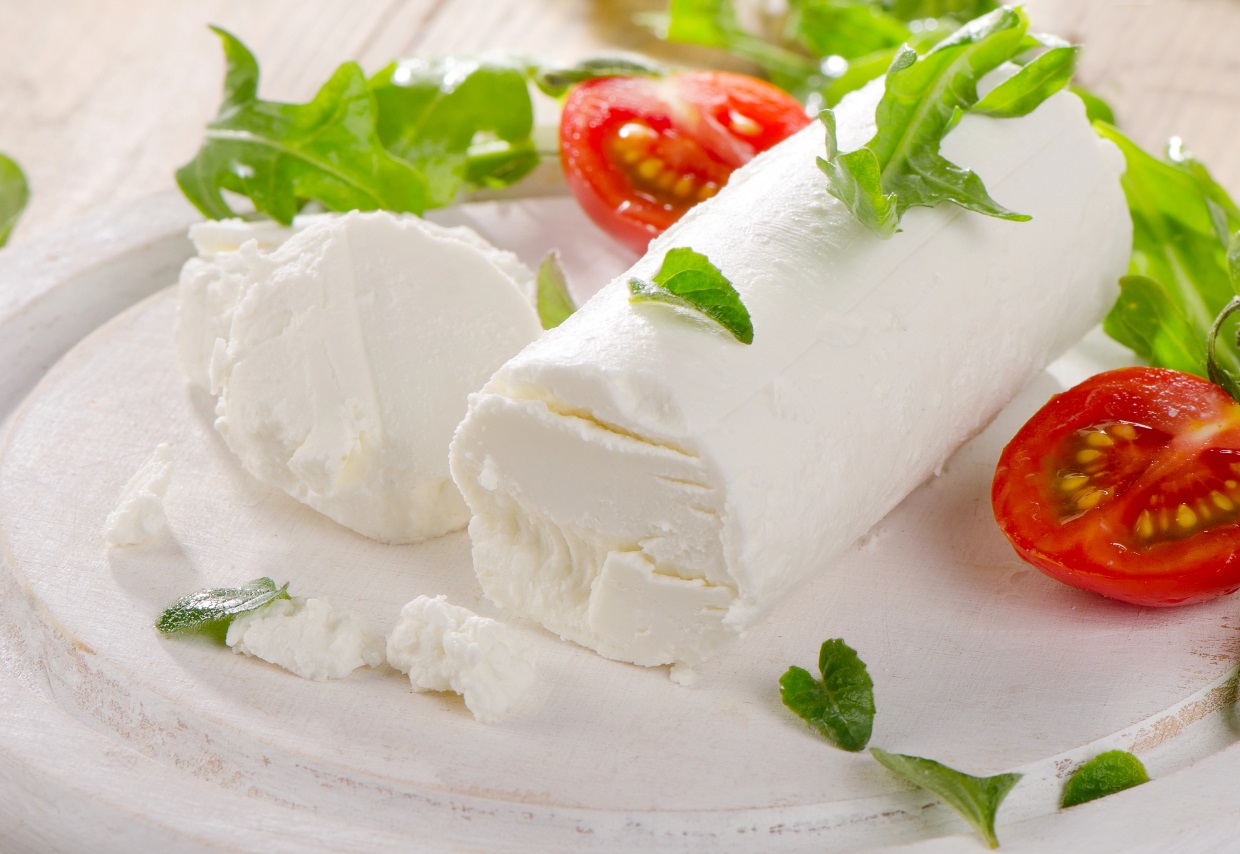
Goat cheese packs around 5 grams of protein per ounce. It’s great spread on crackers, crumbled over salads, or paired with fresh fruit. You can also bake it into tarts or use it as a creamy topping for roasted veggies. It’s a great way to add protein and a tangy flavor to your meals.
Hemp Seeds
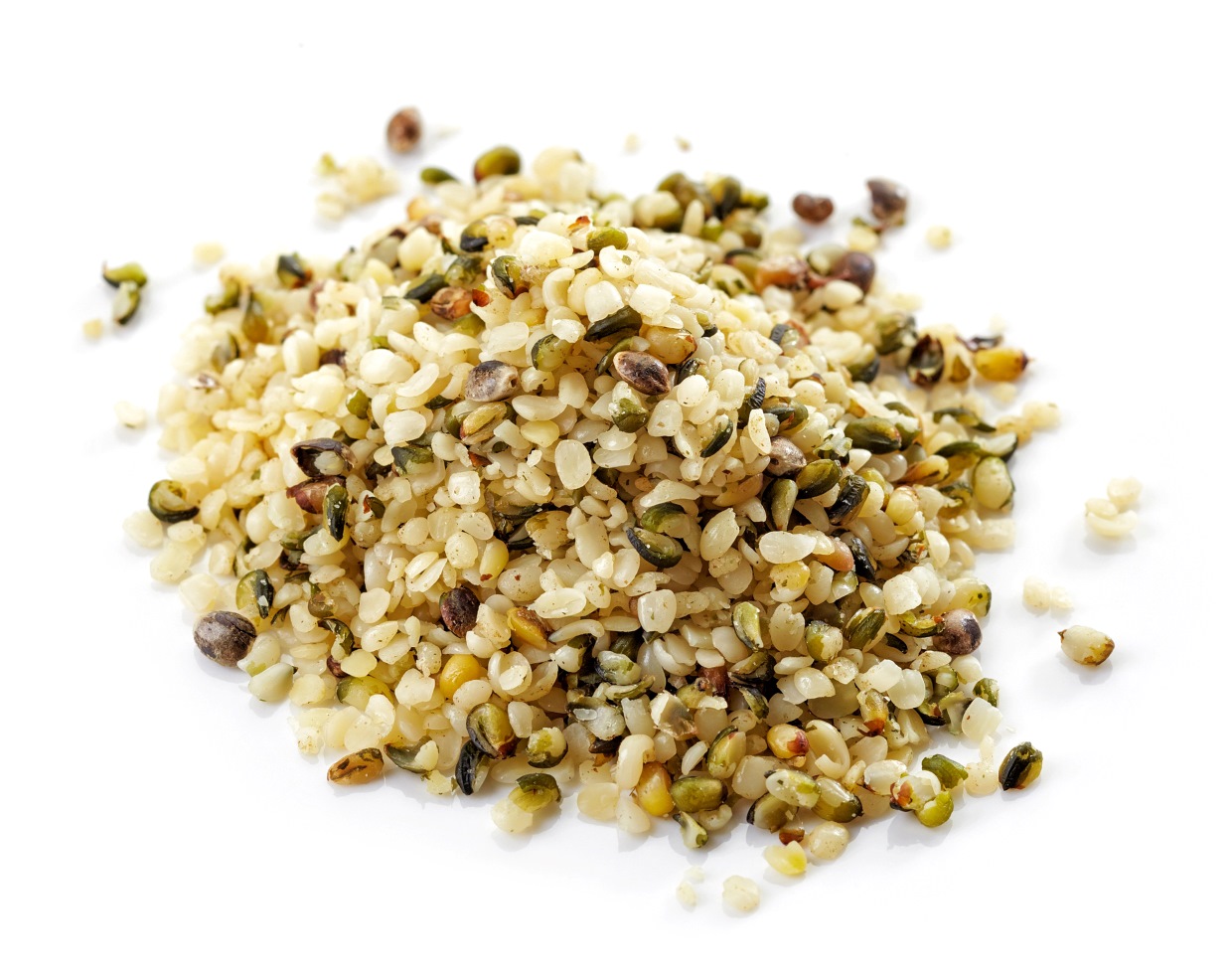
Hemp seeds are a cool, laid-back protein source with 10 grams per 3 tablespoons. They’re like the surfer dudes of the seed world, casually packing a protein punch. Perfect for sprinkling on your cereal, blending into smoothies, or just eating by the handful, hemp seeds are the relaxed way to boost your protein intake. They’re the seeds that say, “Hey, man, let’s build some muscle,” all while catching the perfect wave.
Black Beans
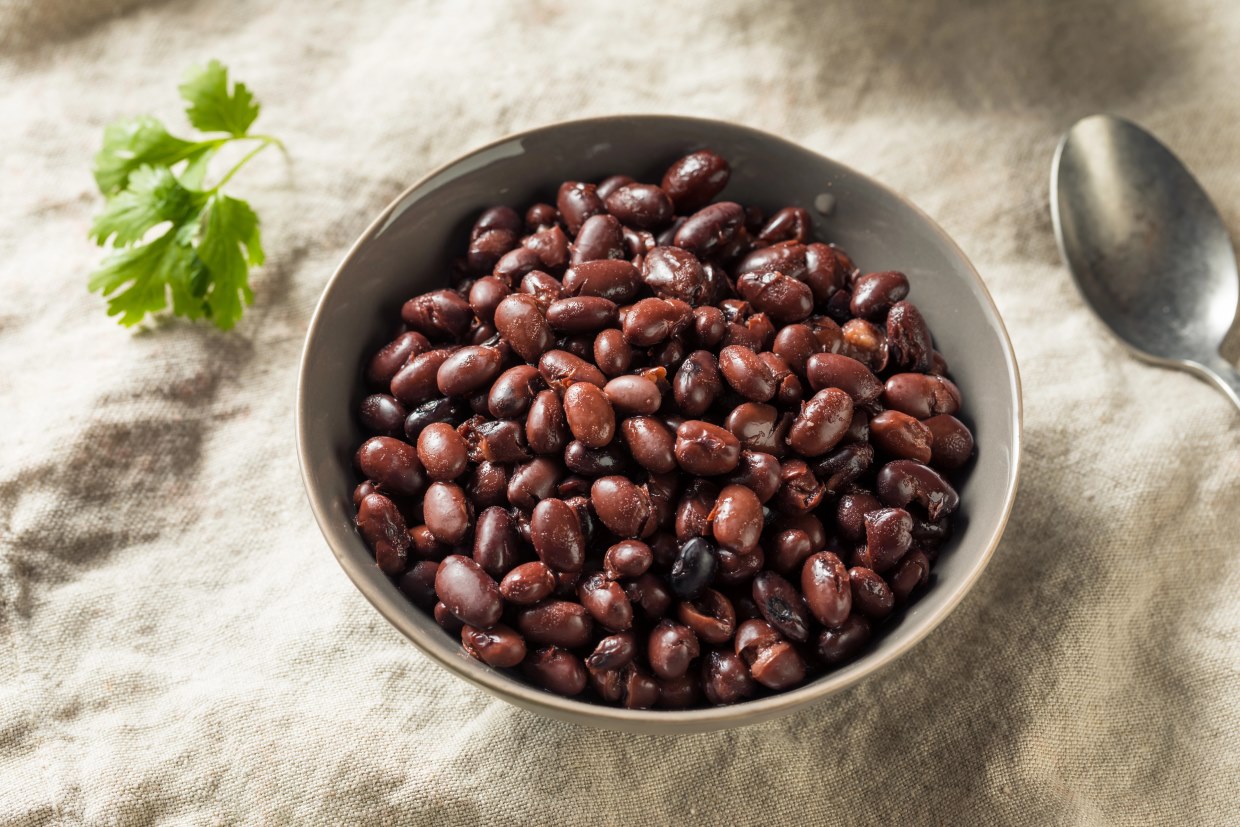
Black beans are the protein powerhouses of the bean world, with 15 grams per cup. They’re like the strong, silent type, quietly building muscle with every bite. Perfect for soups, salads, burritos, or just eating them straight, black beans are a versatile way to add protein to your meals. They’re the beans that don’t need to shout about their strength—they let their impressive protein content do the talking.
Tofu
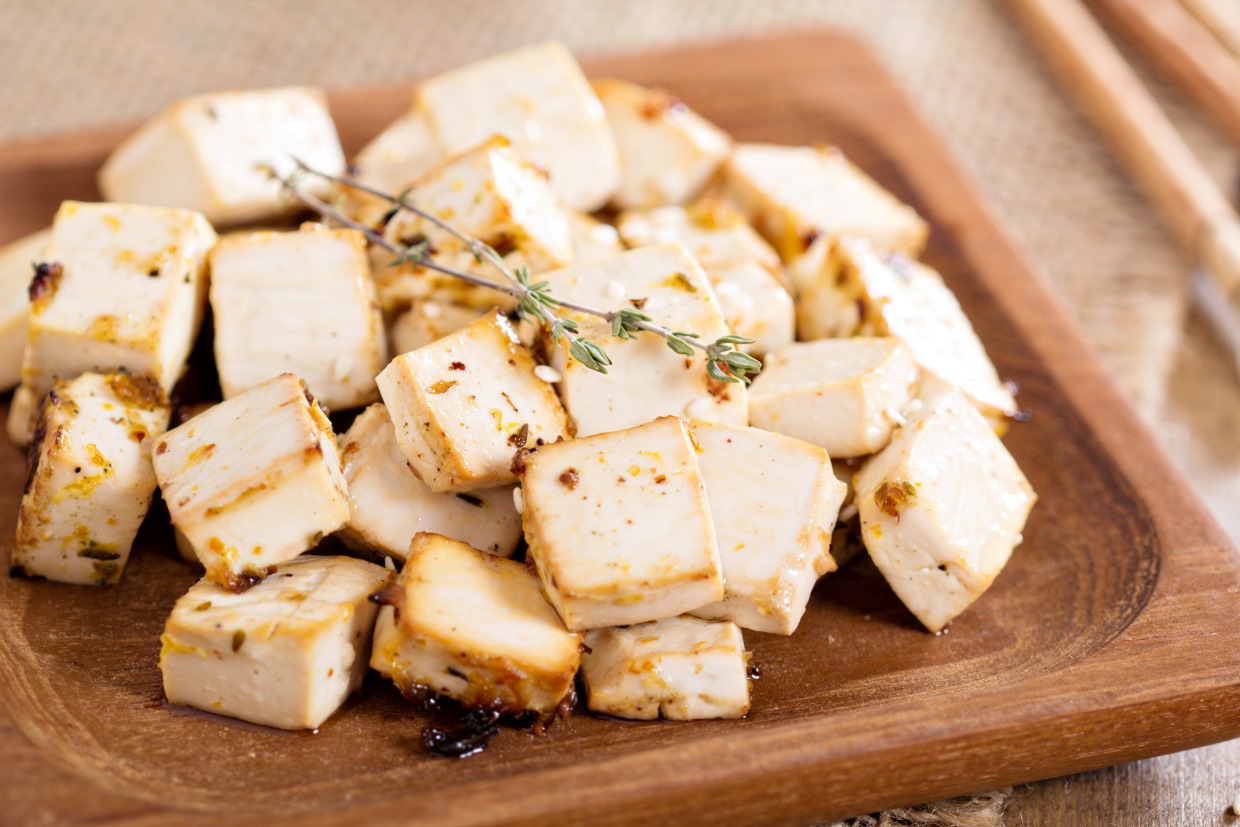
Tofu is the versatile, protein-packed chameleon of the food world, boasting 10 grams per half-cup. It’s like the blank canvas of protein, ready to be whatever you need it to be. Whether you’re grilling it, frying it, or blending it into a smoothie, tofu is the adaptable way to boost your protein intake. It’s the food equivalent of an actor who can play any role, from action hero to romantic lead, all while helping you build muscle.
Protein Pasta
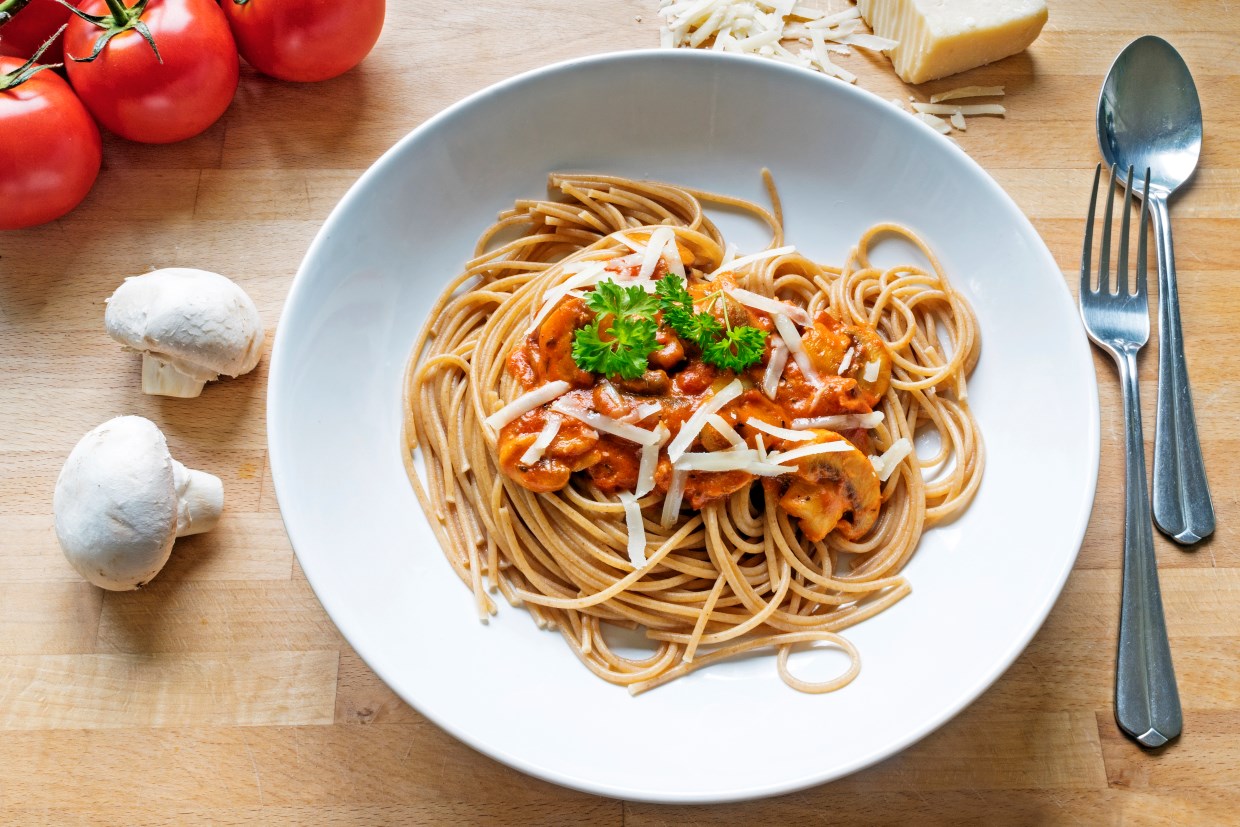
Unlike traditional pasta, high-protein pasta has more protein. While it’s typically made from wheat flour, some brands either exclude wheat altogether or enrich their pasta with protein-rich ingredients such as soy, chickpeas, or lentils. Some examples are penne, rigatoni, and elbows. Pasta may not scream protein, but with 8 grams per cup, it’s like the comfort food that secretly hits the gym. It’s carb-loading with a side of strength training.
Parmesan Cheese
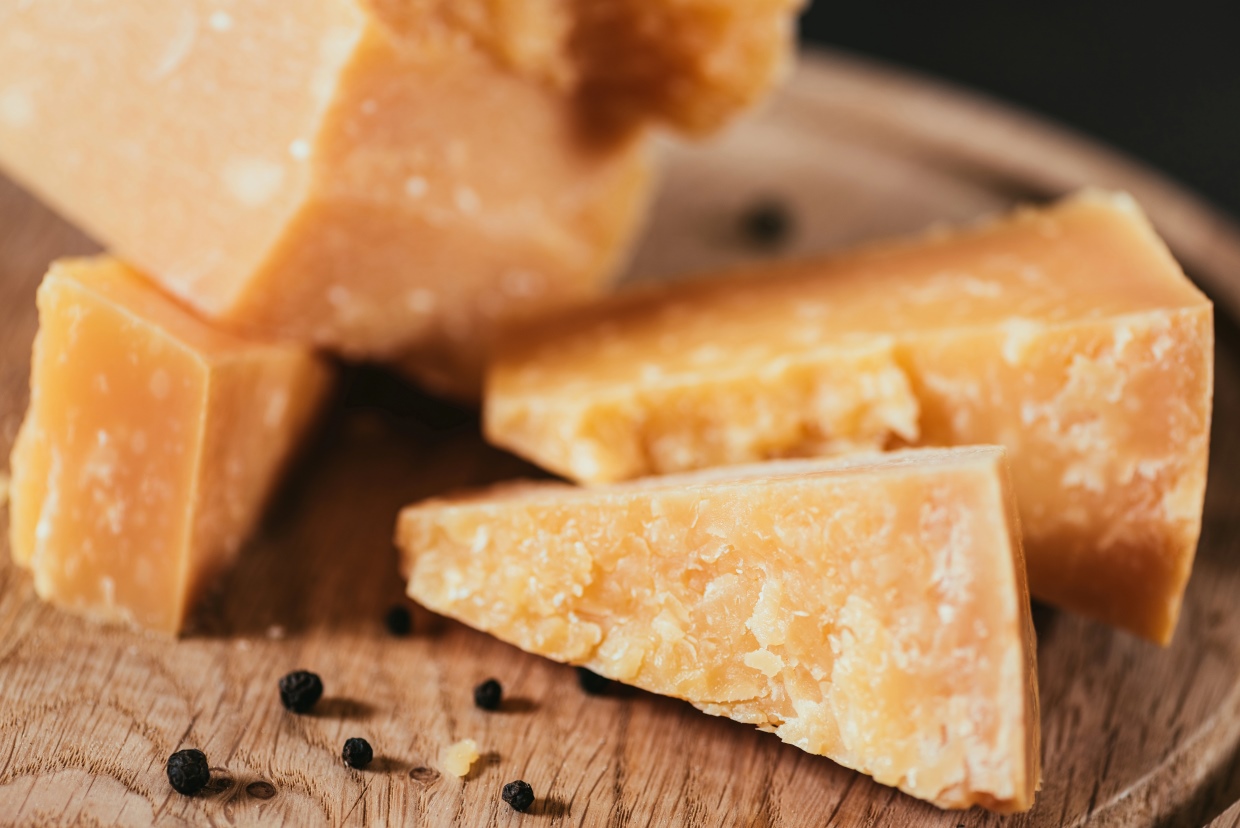
Parmesan cheese isn’t just for topping your pasta; it’s also for protein, with 10 grams per ounce. It’s like the Italian grandmother who insists you need more muscle. Whether you grate it over your favorite dish, bake it into crisps, or just enjoy a nibble, Parmesan is the sophisticated way to add protein to your meals. It’s the cheese that brings a touch of class and a lot of protein to your diet. Just remember to keep your portion in check to avoid piling on the calories.
Get a Parmesan recipe: Parmesan Crusted Potatoes.
Almond Butter
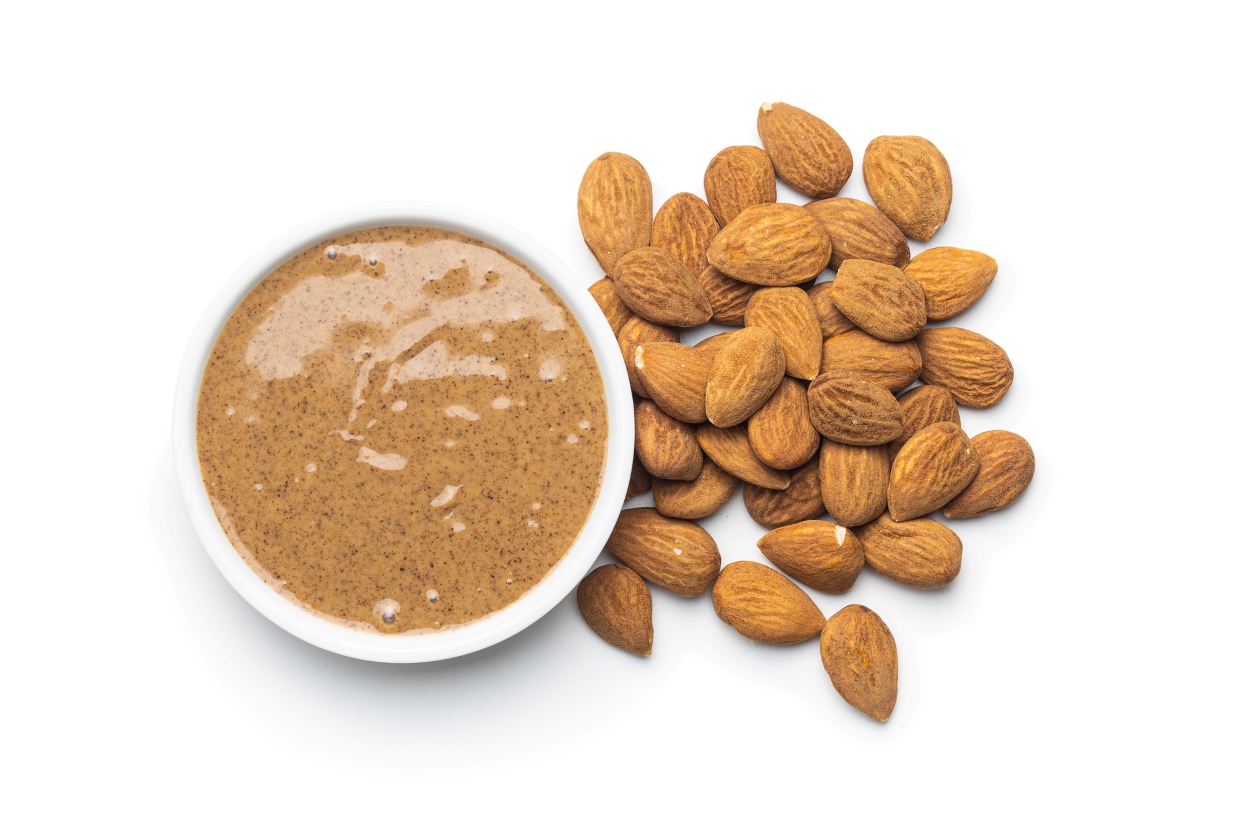
Almond butter is a creamy, nutty spread with 7 grams of protein per 2 tablespoons. It’s like peanut butter’s sophisticated cousin, always ready to add a touch of class and muscle. Whether you’re spreading it on toast, blending it into smoothies, or just eating it by the spoonful, almond butter is the elegant way to get your protein fix. It’s the spread that brings a touch of refinement to your diet while helping you build strength.
Get a recipe with almond butter: Chocolate Chip Cookie Dough Fat Bombs.
Cheddar Cheese
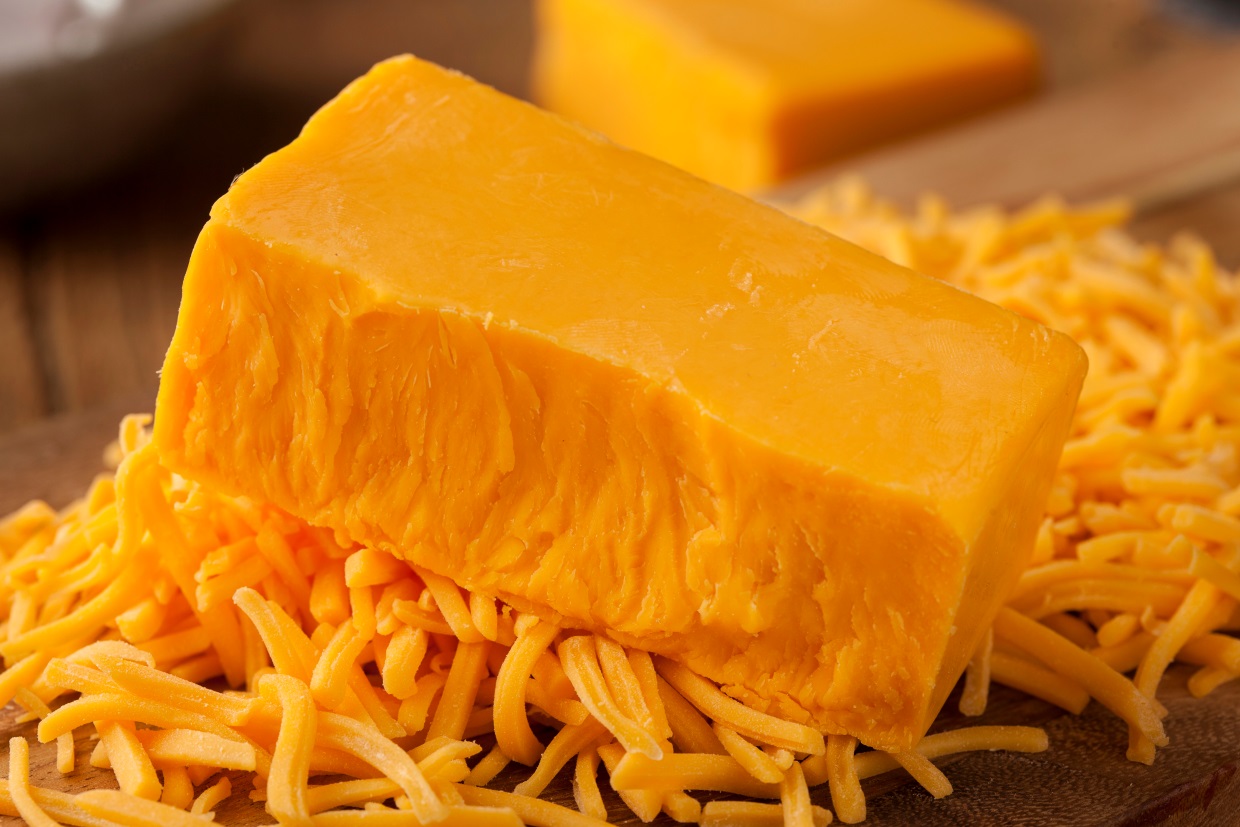
Cheddar cheese isn’t just for sandwiches; it’s also for protein, with 7 grams per ounce. It’s like the classic comfort food that also doubles as a protein boost. Whether you’re melting it over nachos, slicing it for a snack, or grating it into your favorite dish, cheddar is a delicious way to add protein to your diet. It’s the cheese that brings a touch of nostalgia and a lot of muscle to your meals.
Salmon
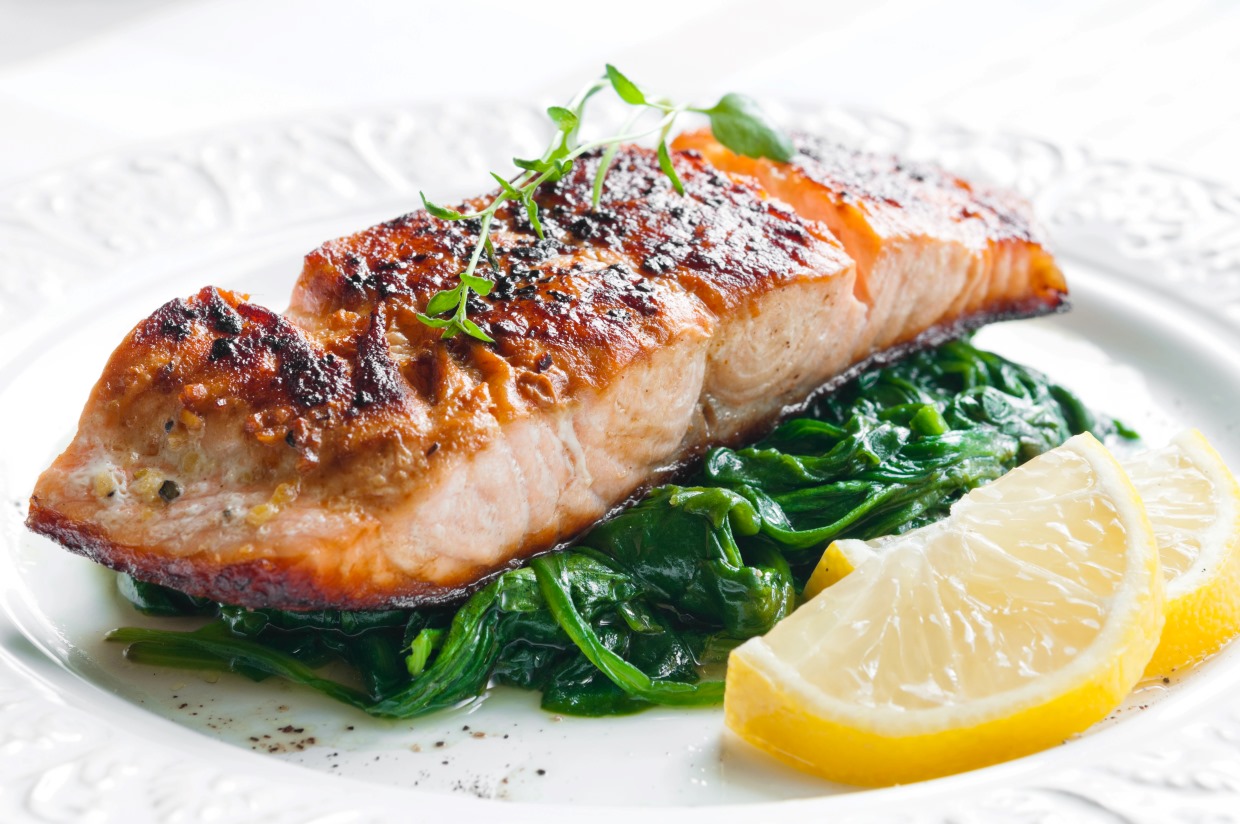
Salmon is an omega-3-rich fish with 22 grams of protein per 3 ounces. It’s like the multitasker of the seafood world, building muscle while keeping your heart healthy. Whether you’re grilling it, baking it, or enjoying it as sushi, salmon is a delicious way to boost your protein intake. It’s the fish that does it all, from strengthening your muscles to supporting your cardiovascular health, all while tasting amazing.
Get a salmon recipe: Curry Salmon with Coconut Milk and Bok Choy.
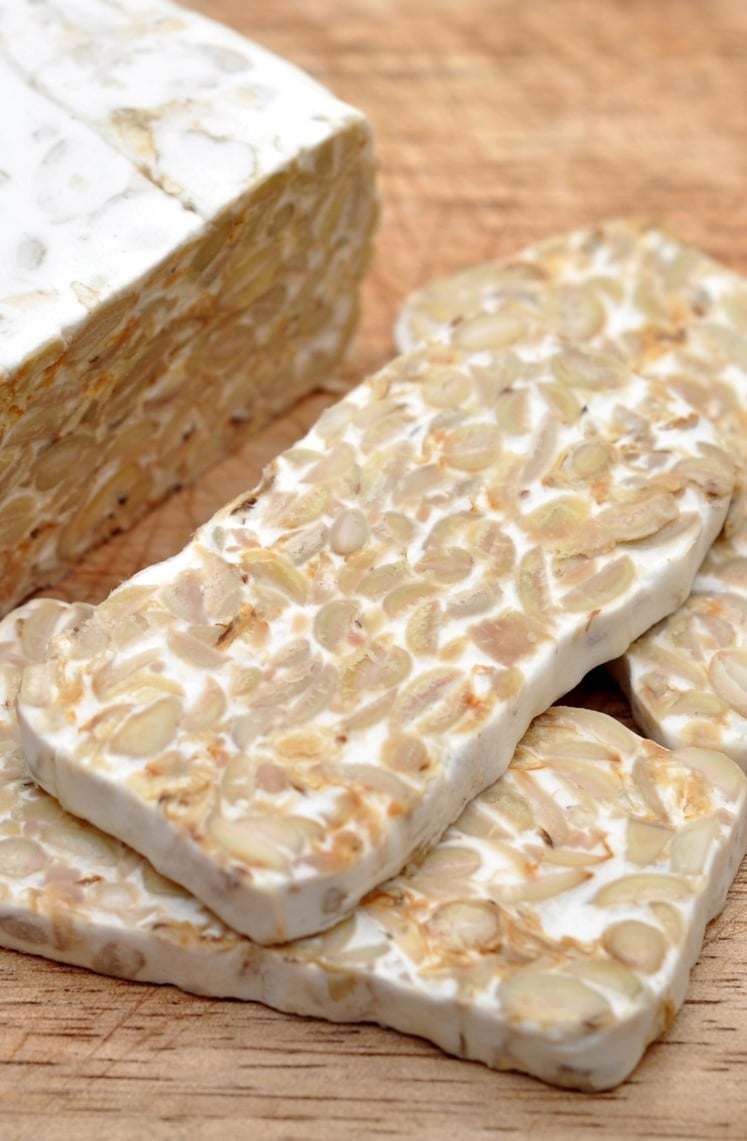
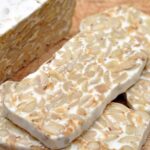


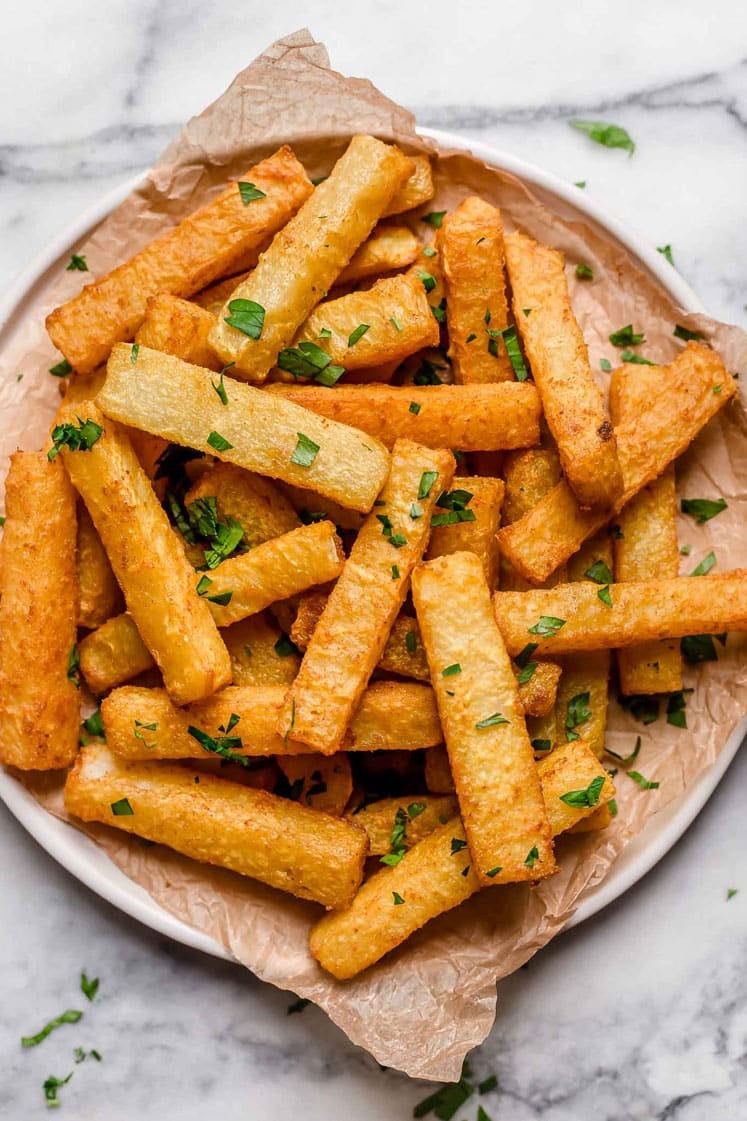
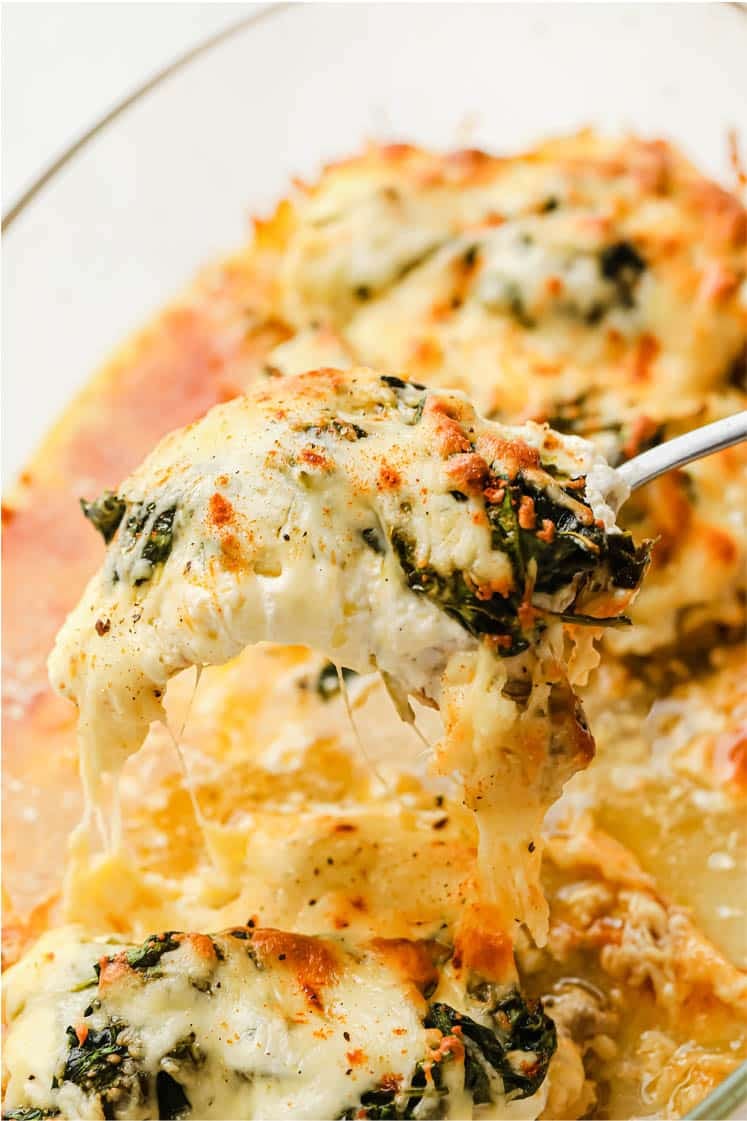
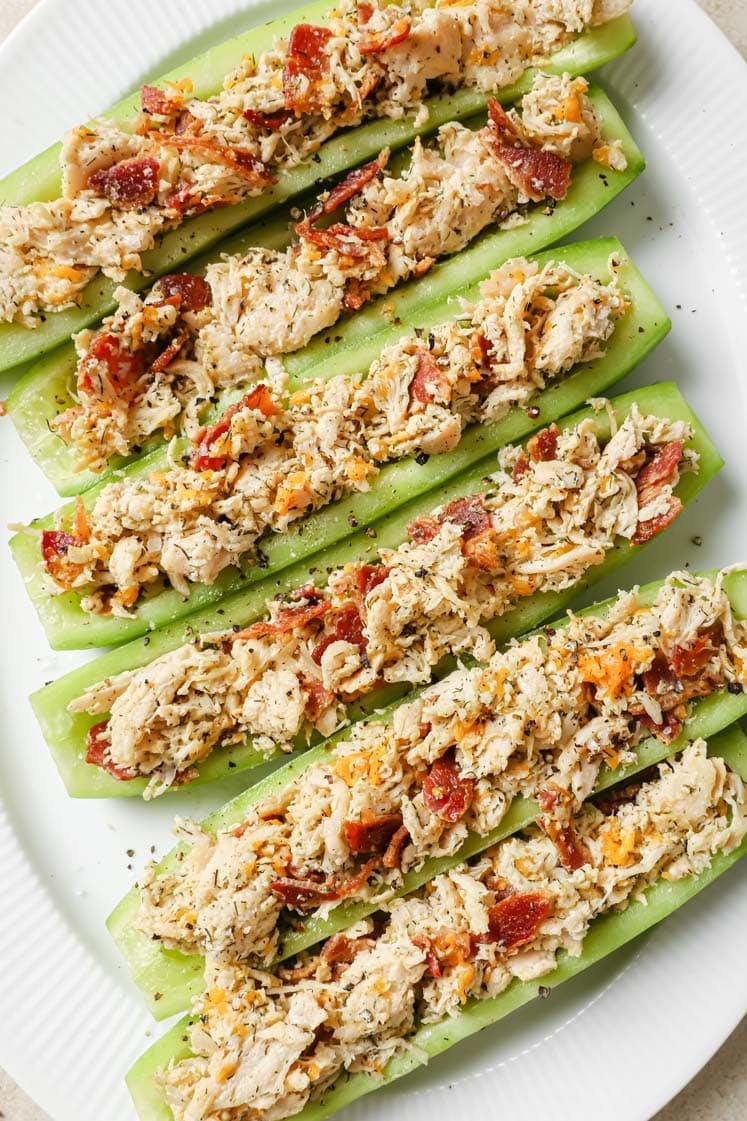
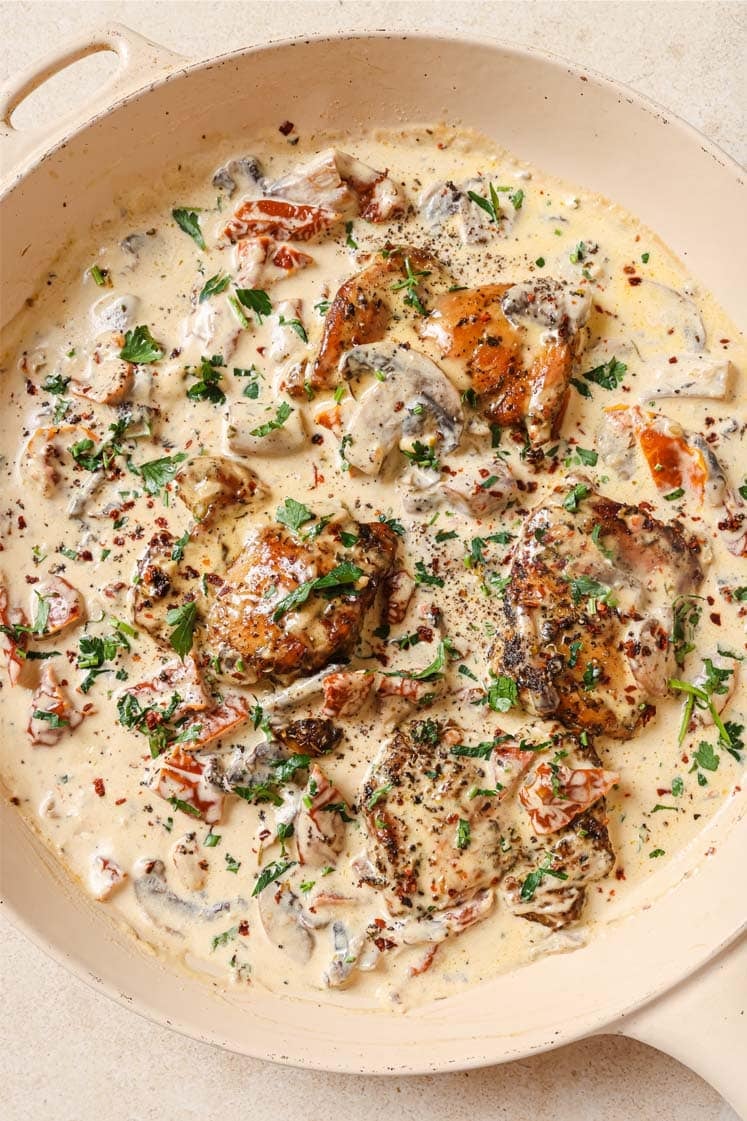
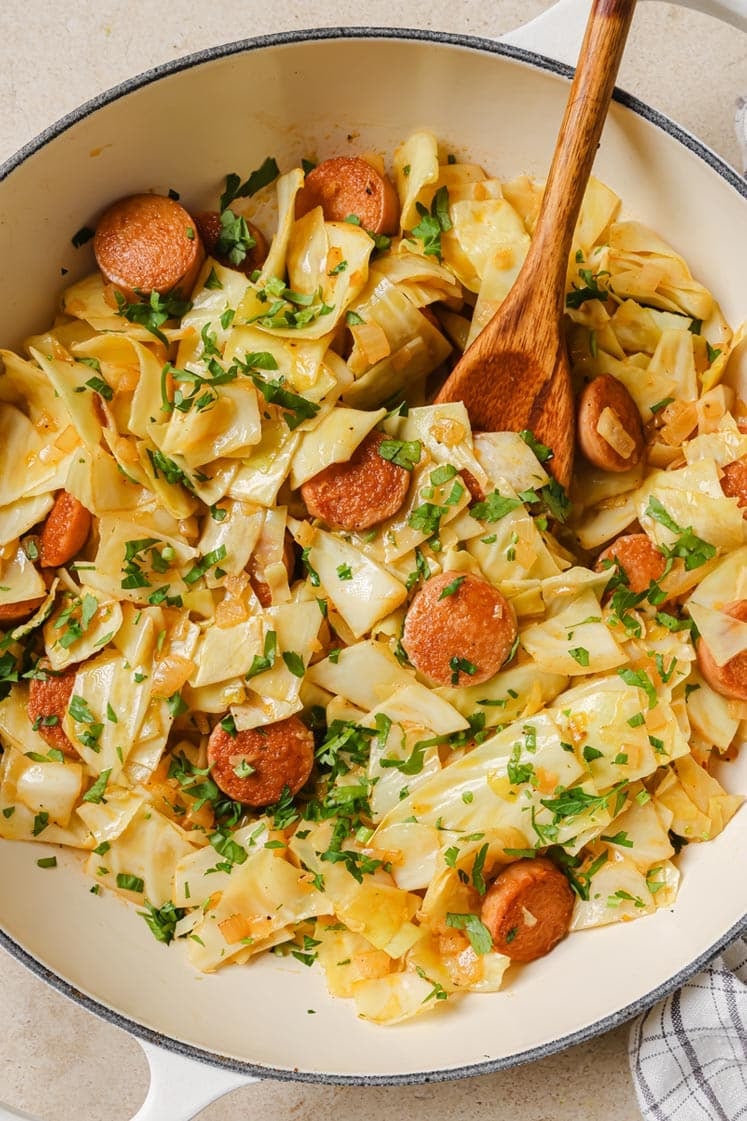
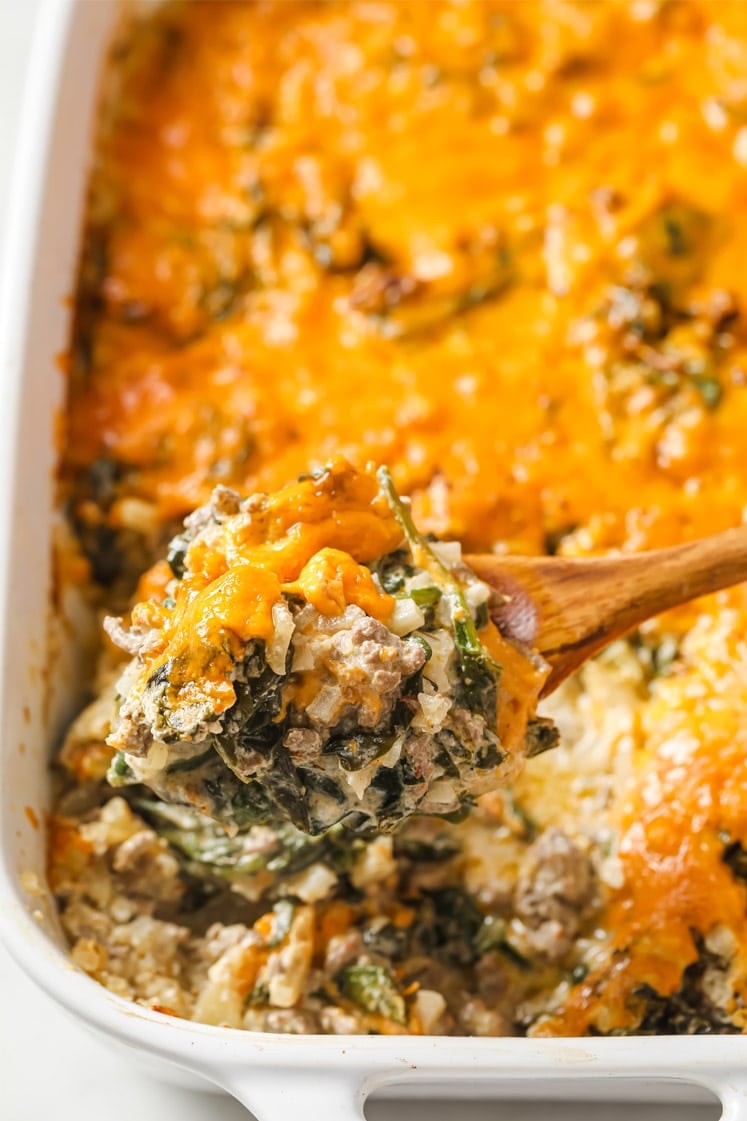
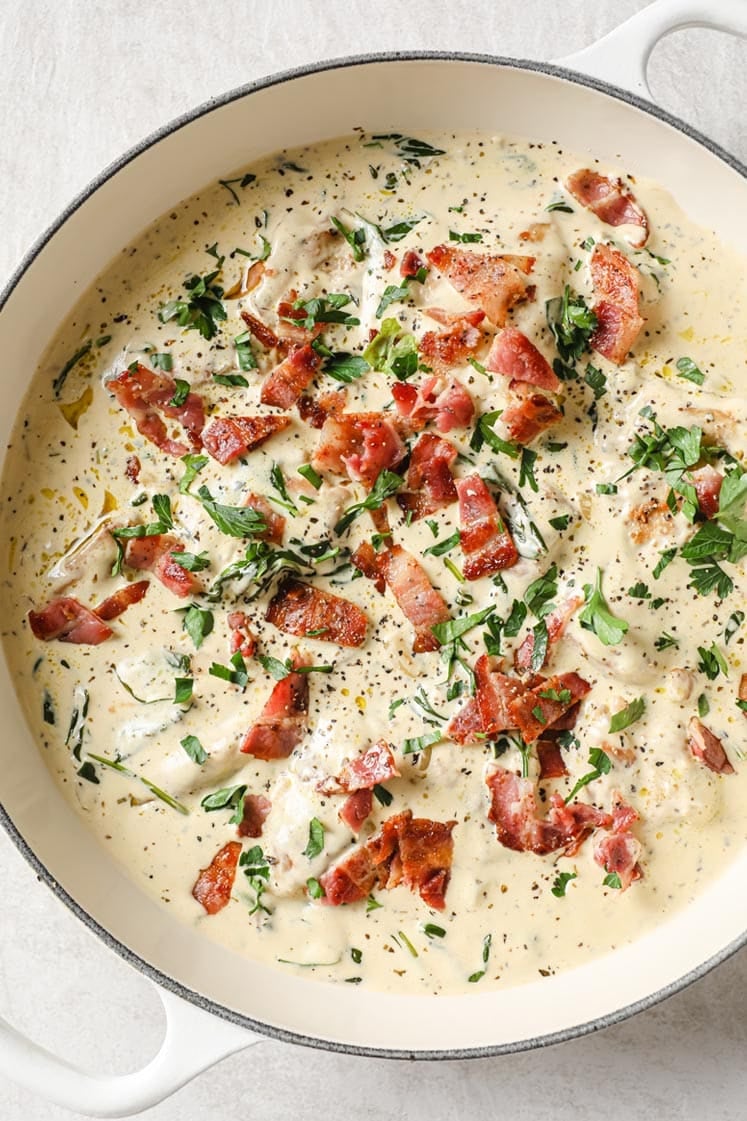
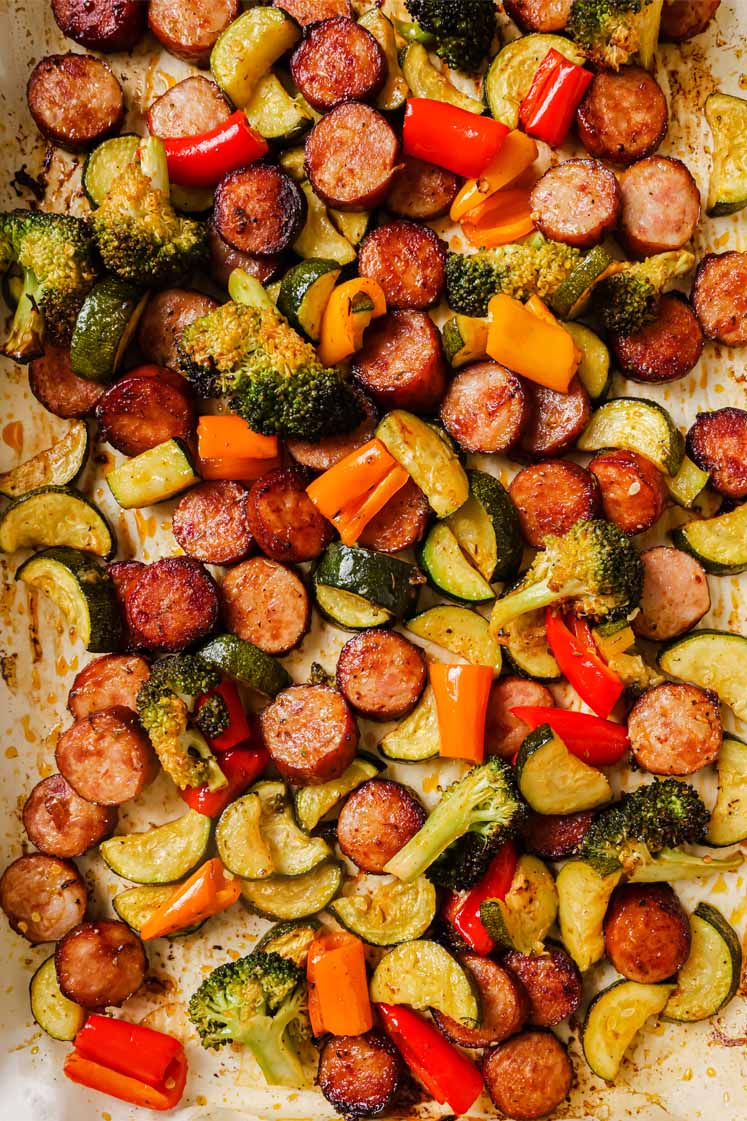
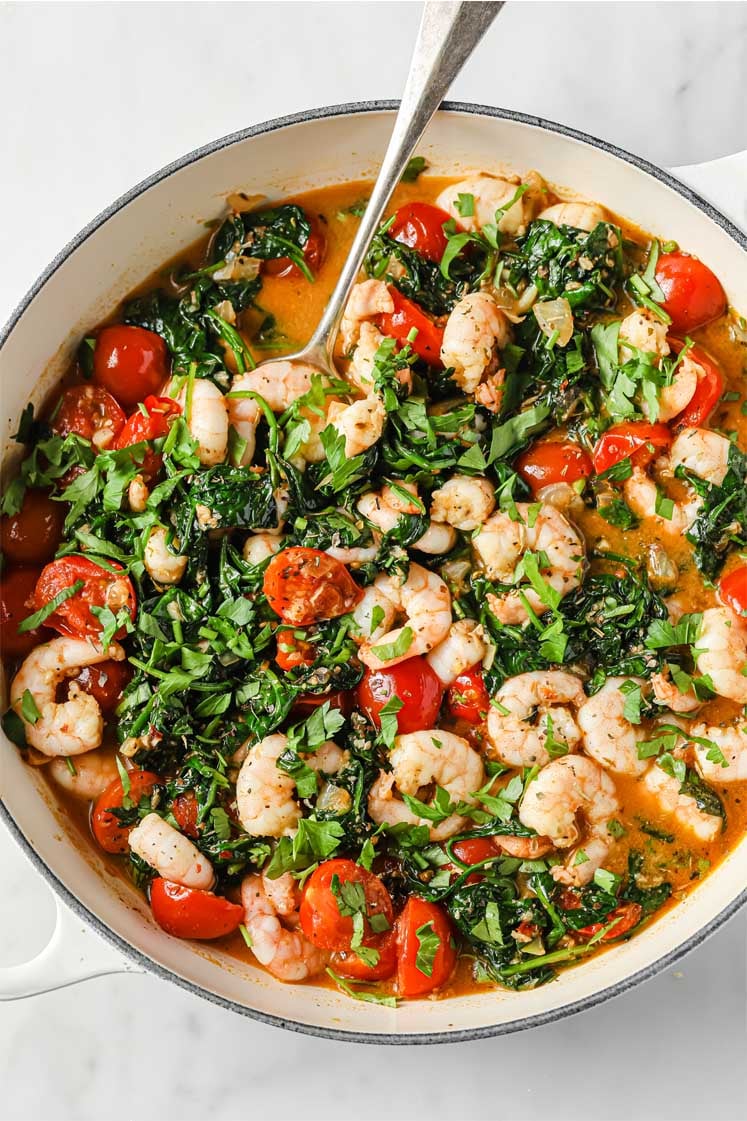
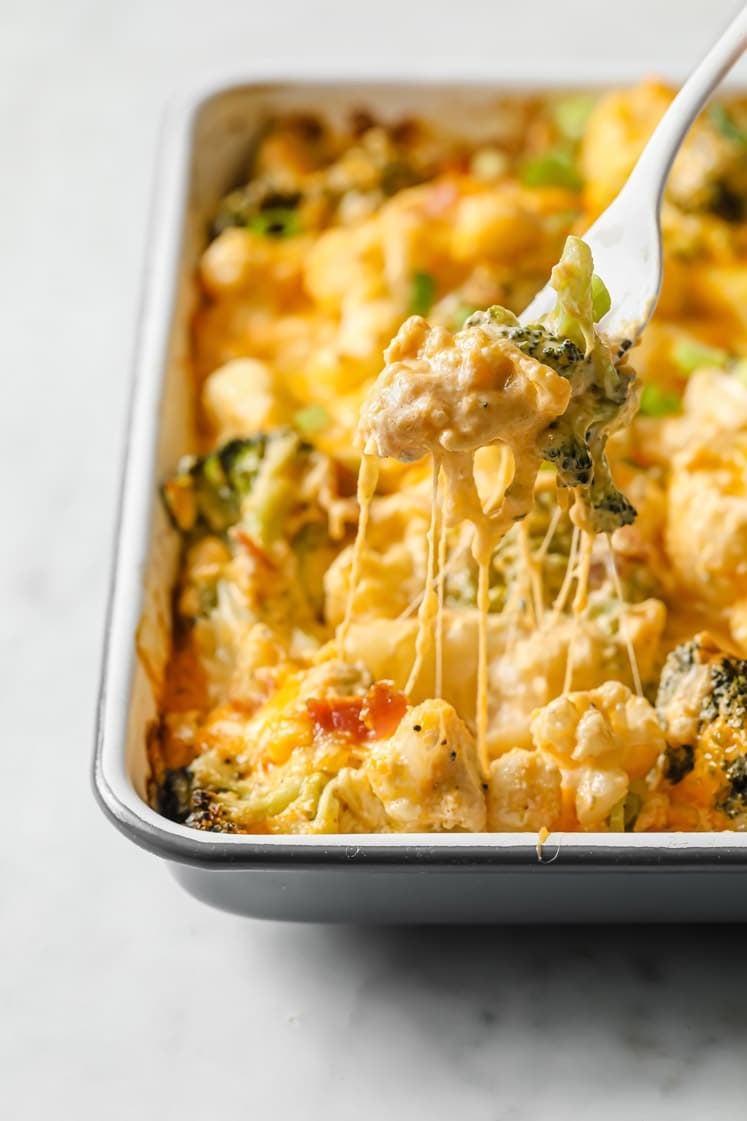
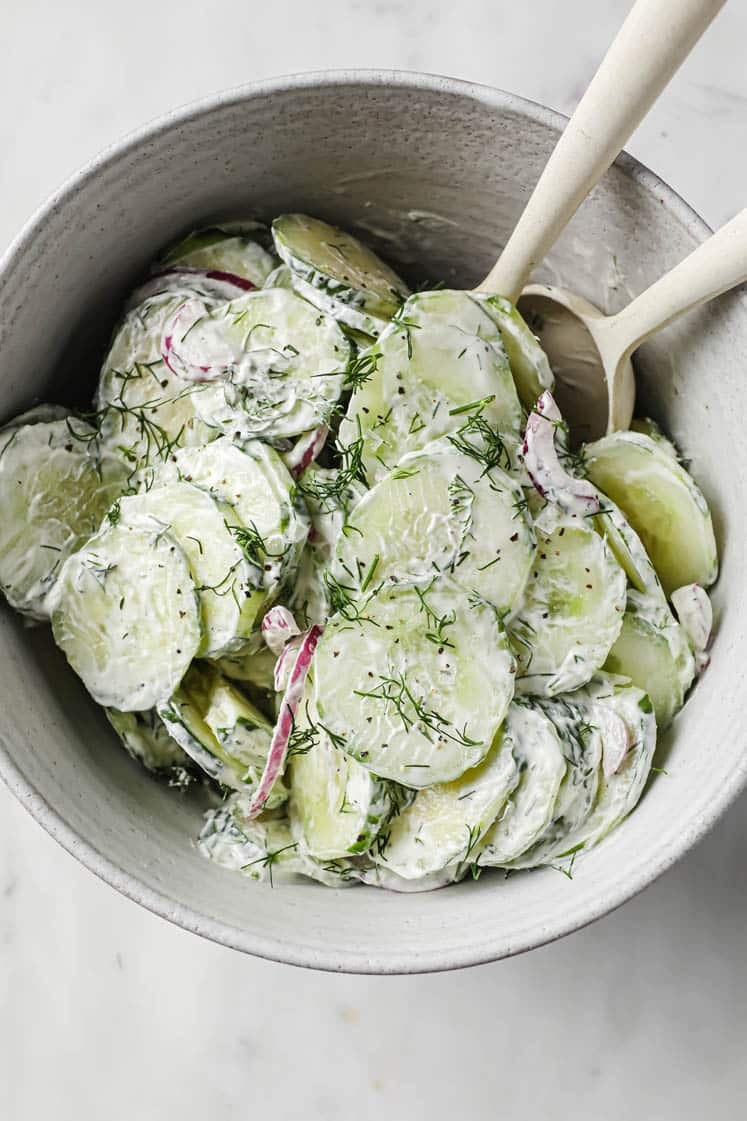









Leave a Reply